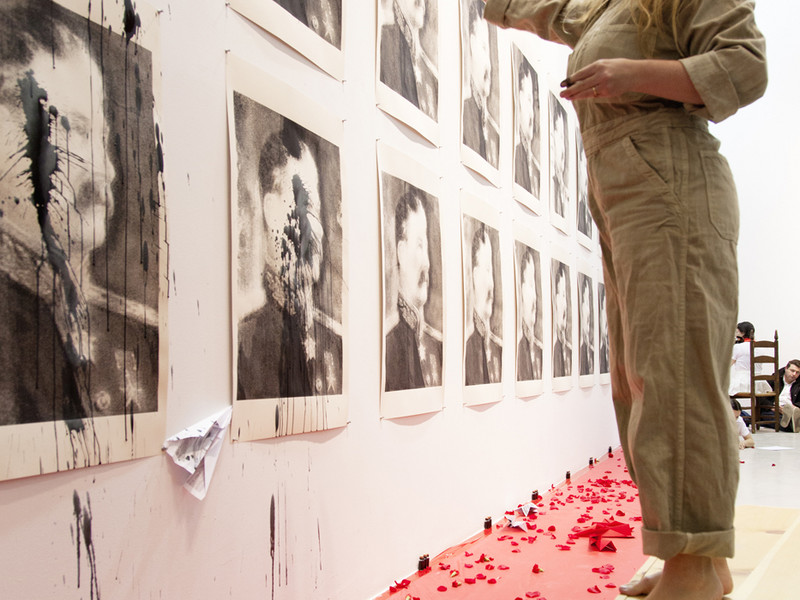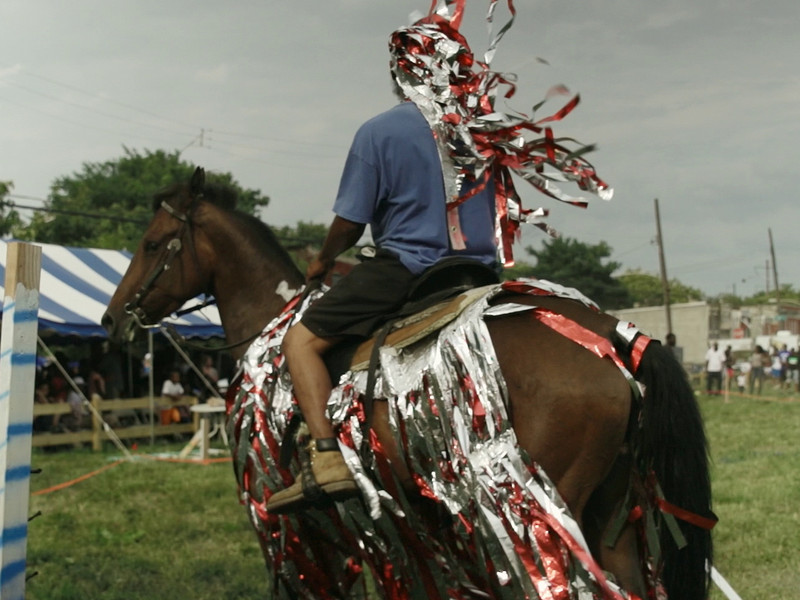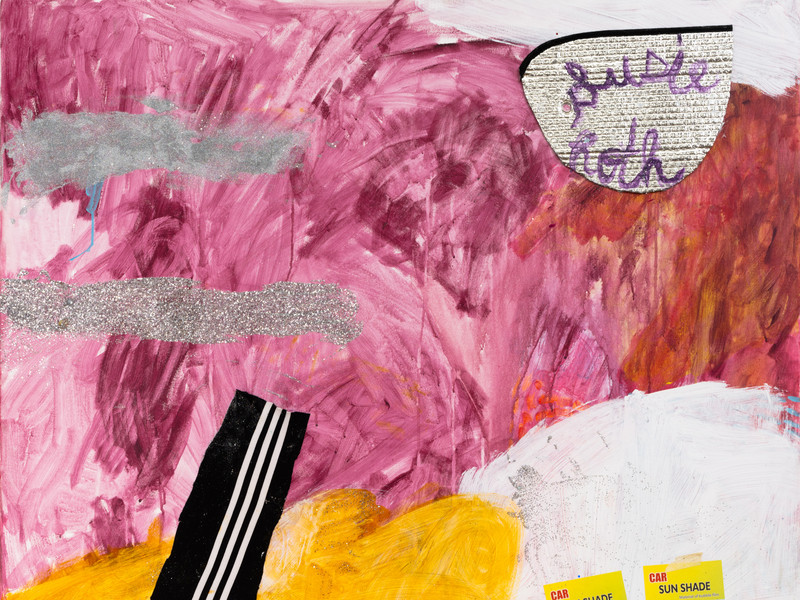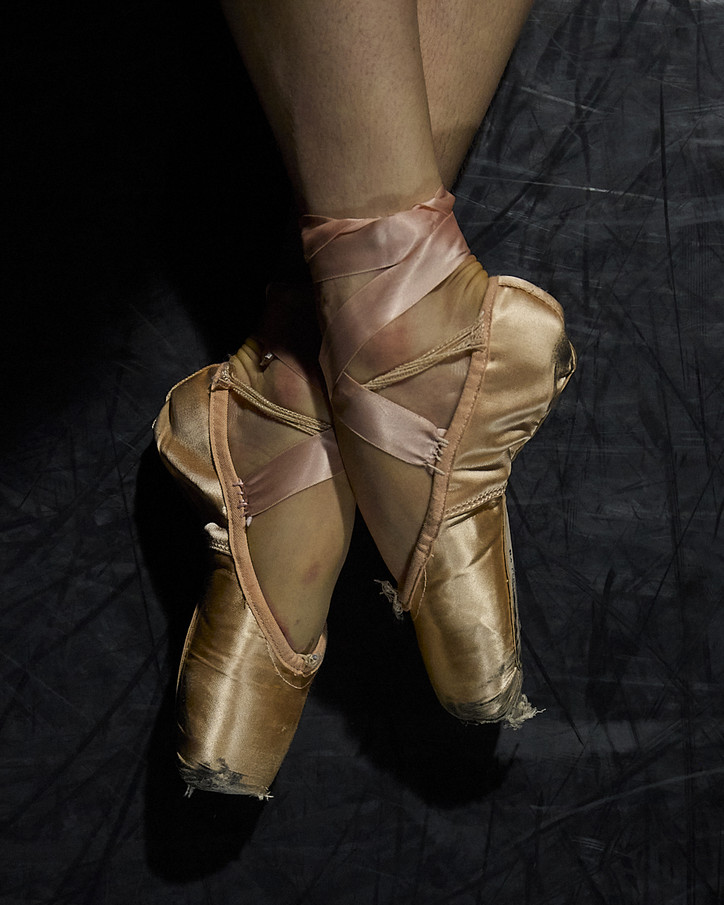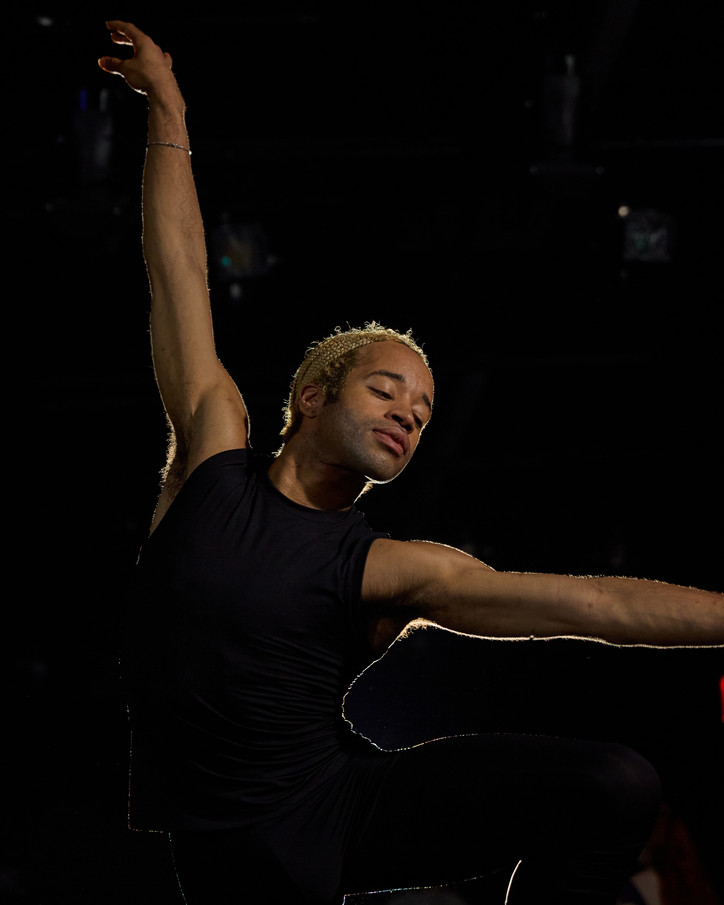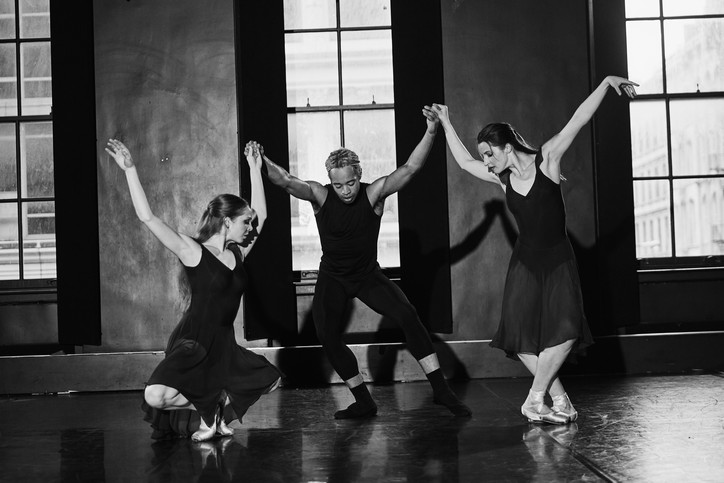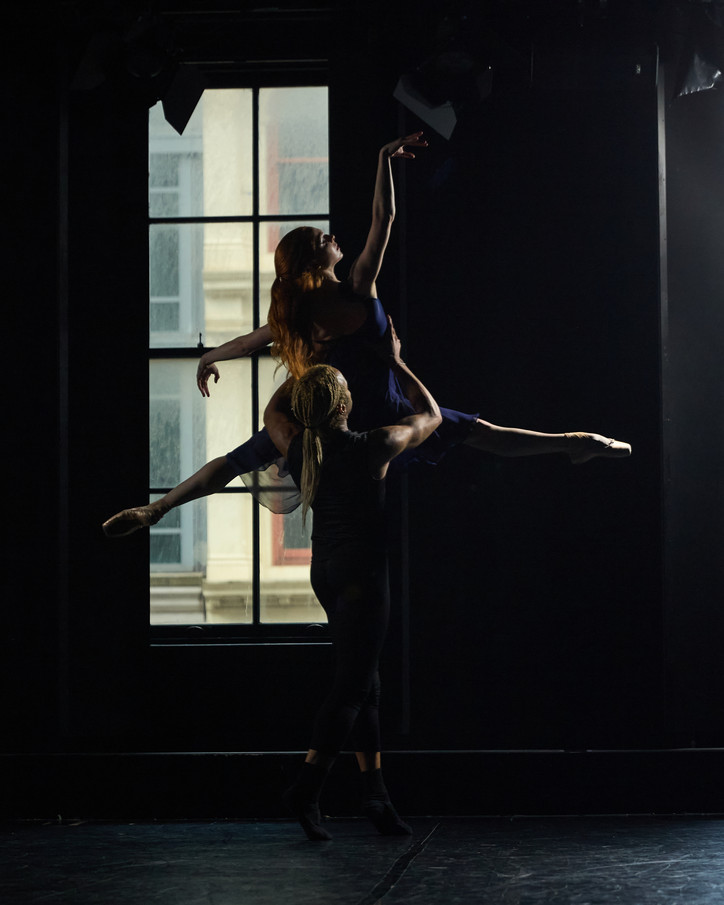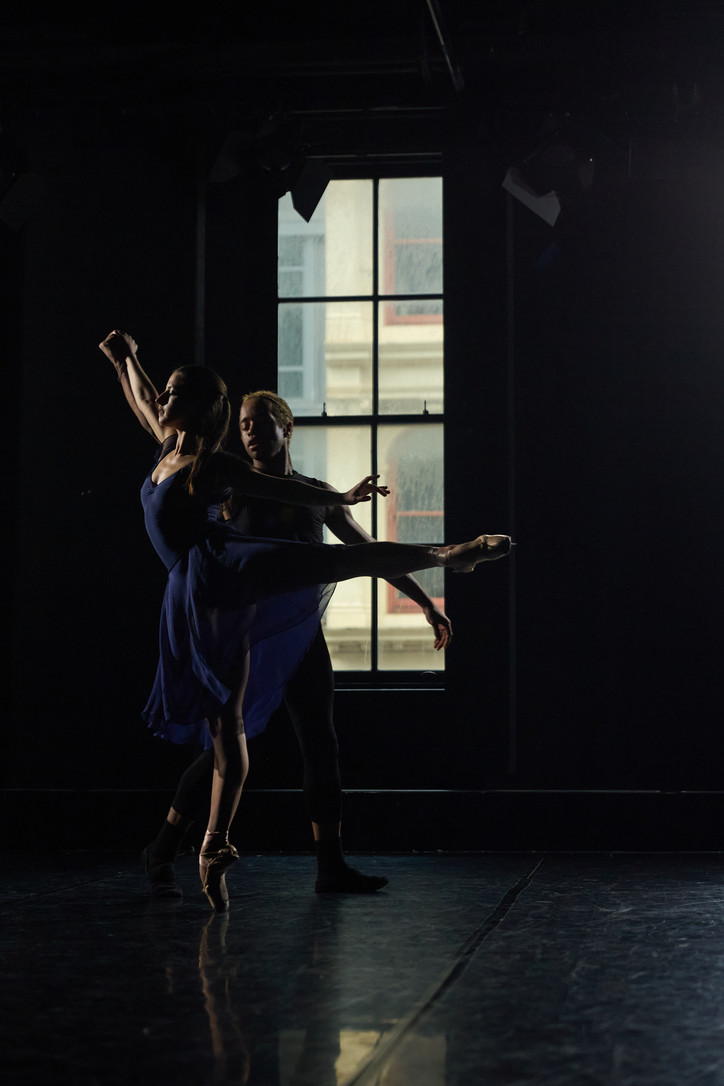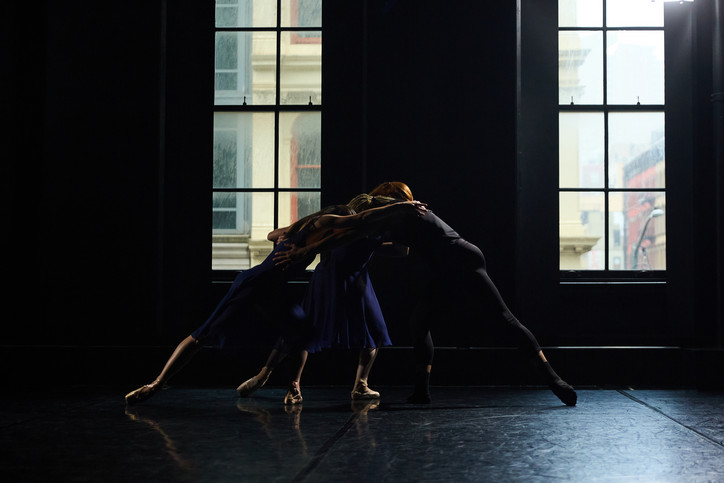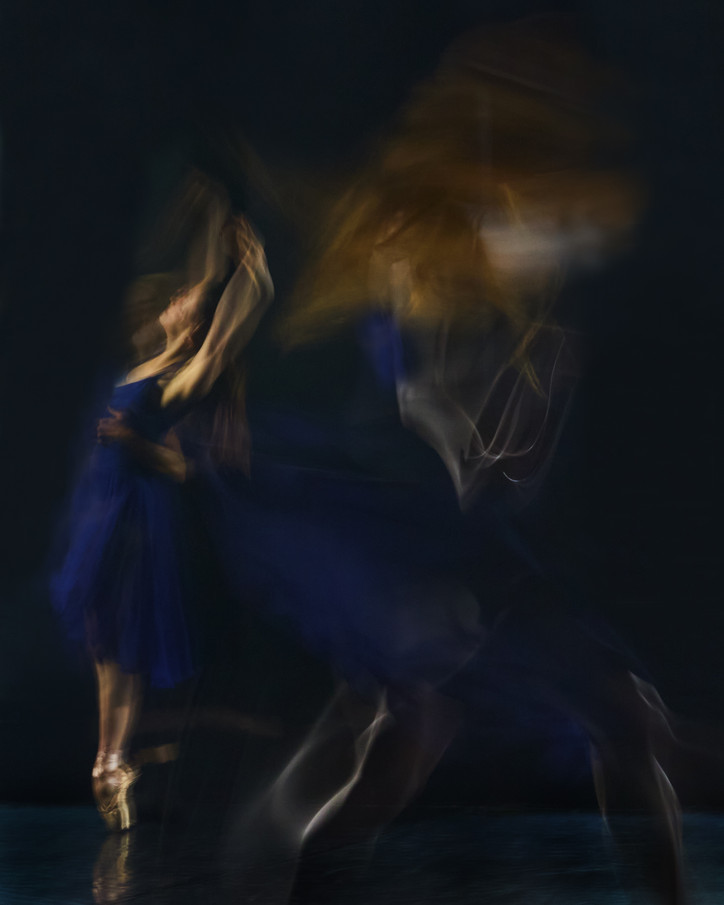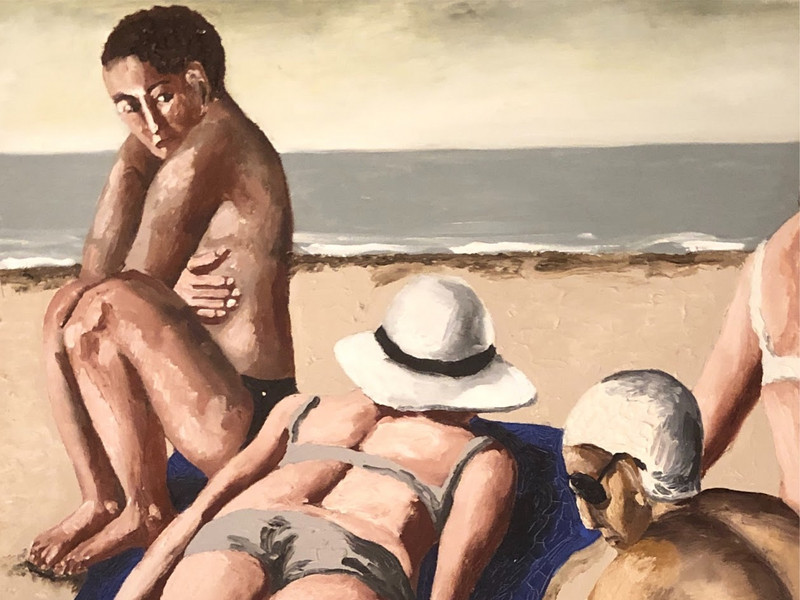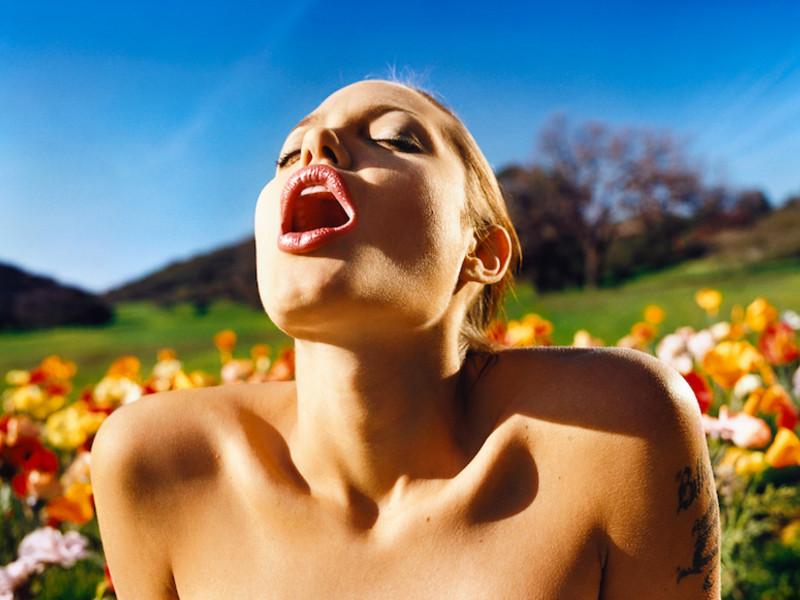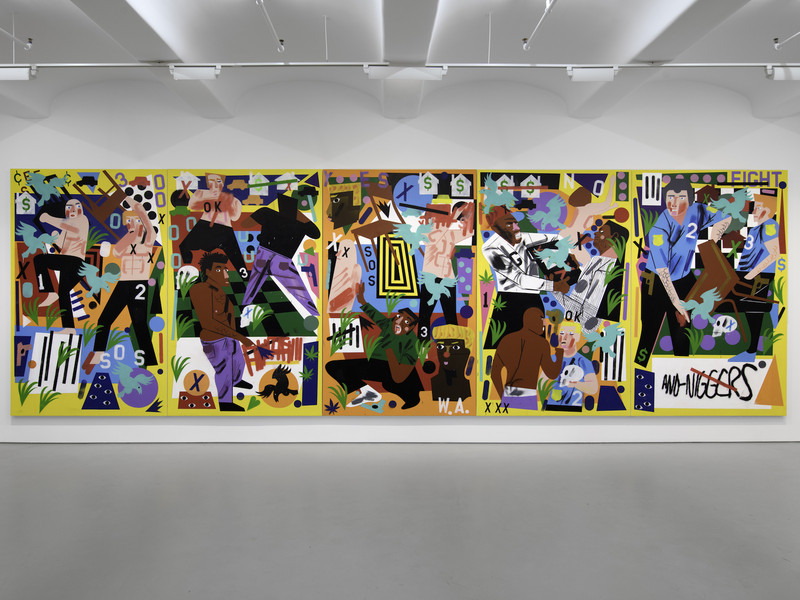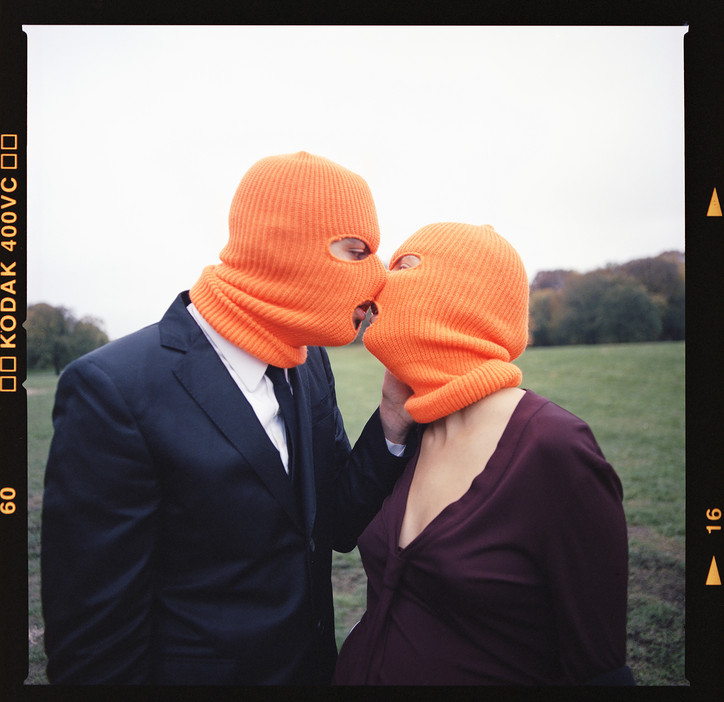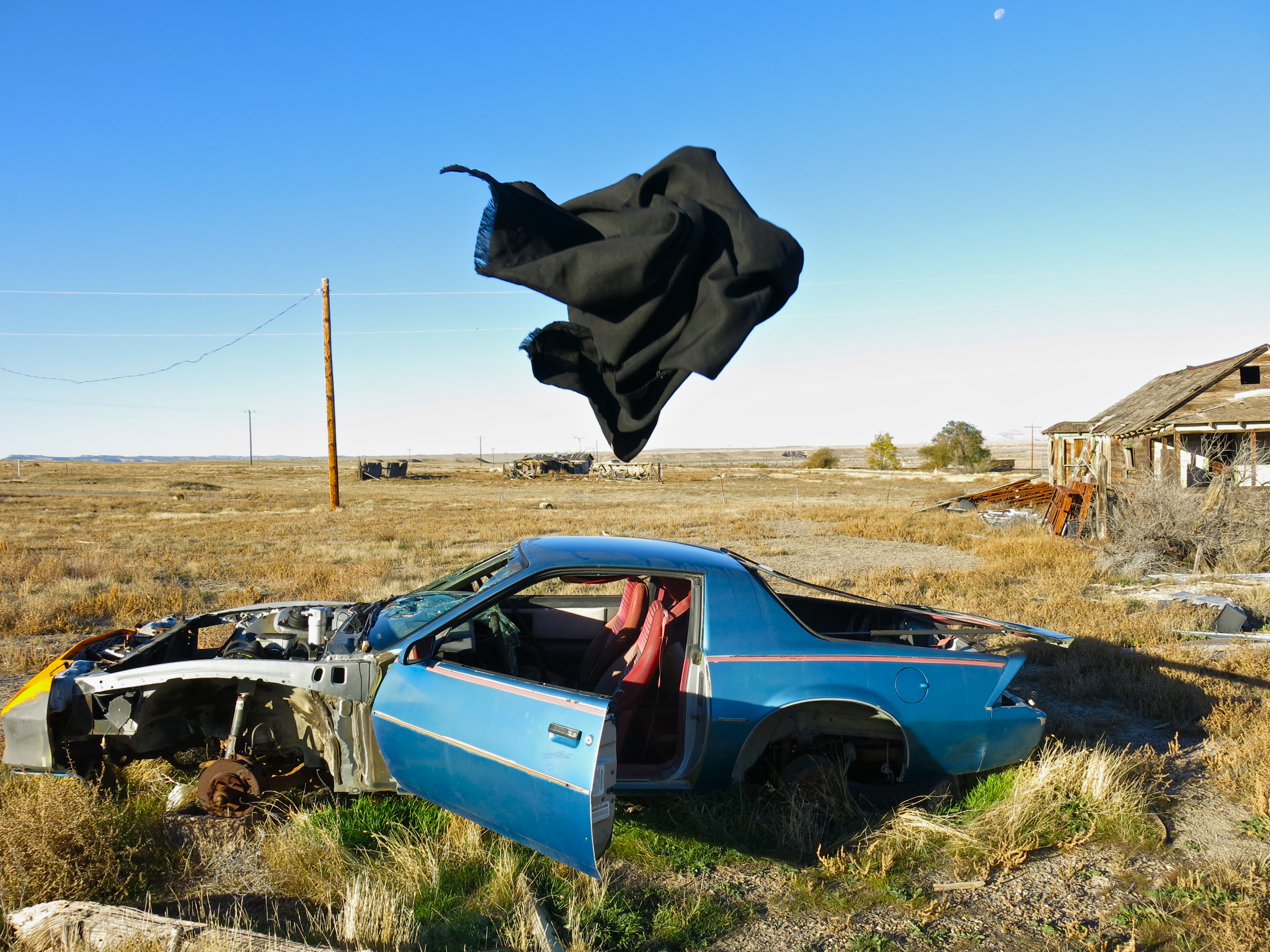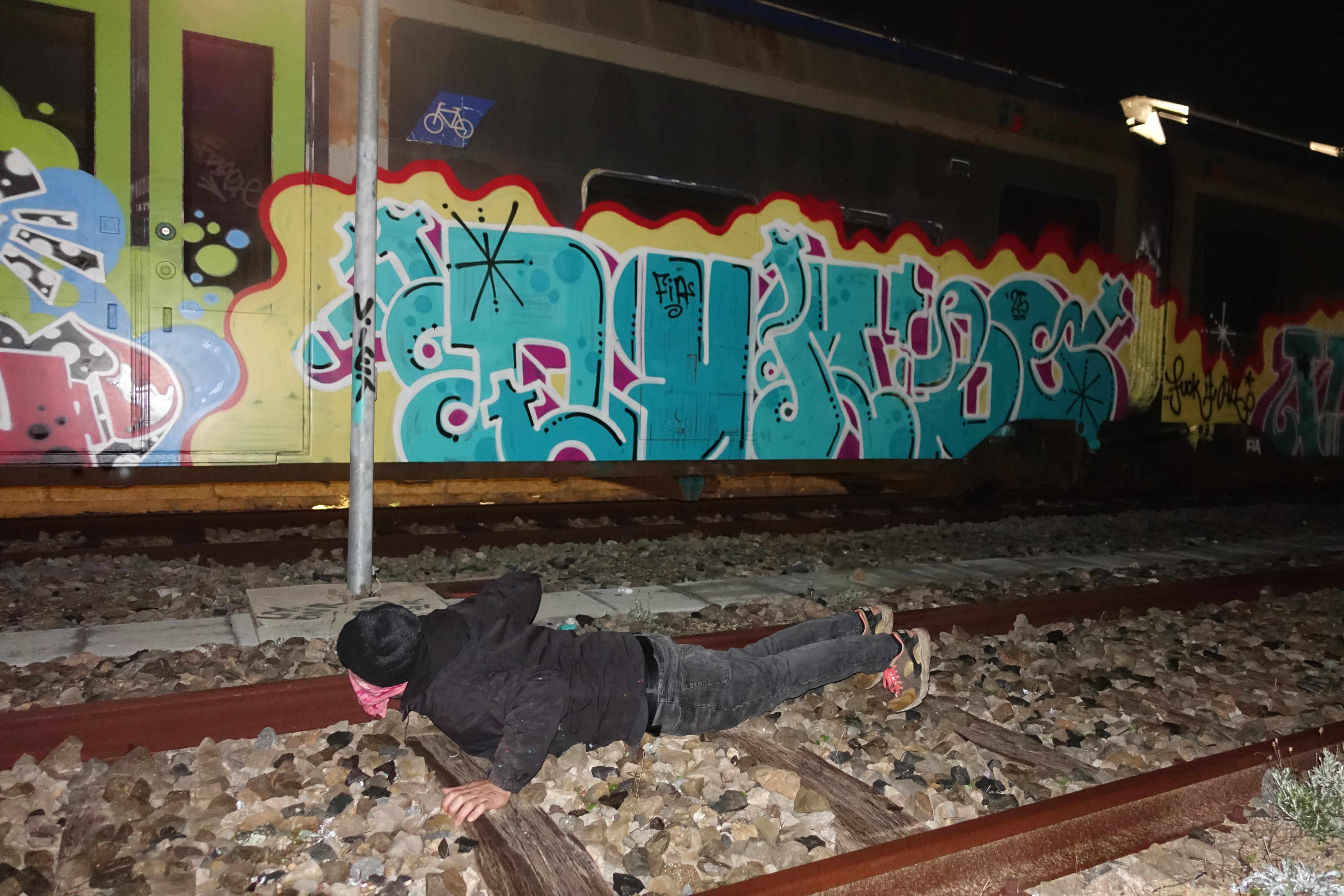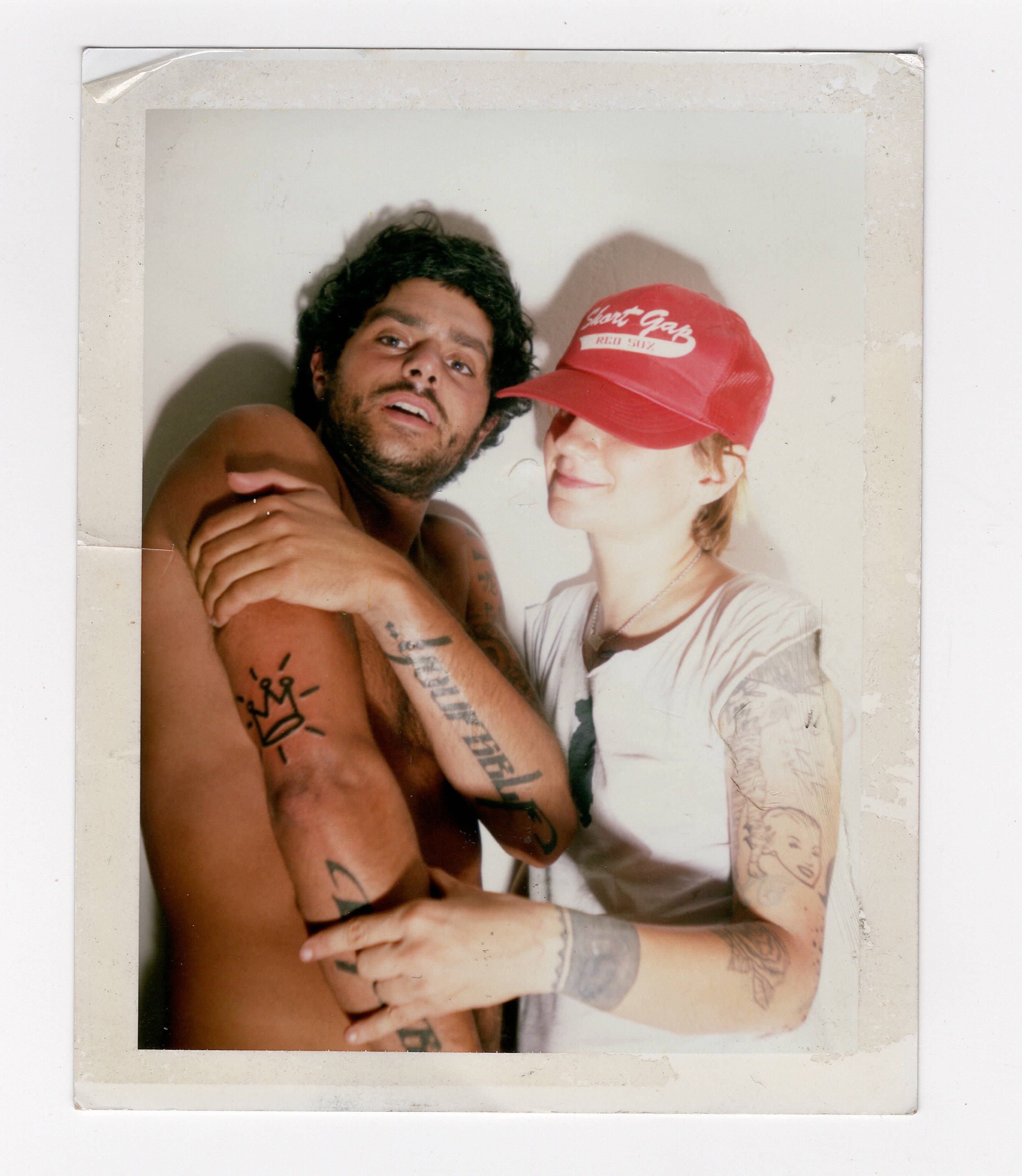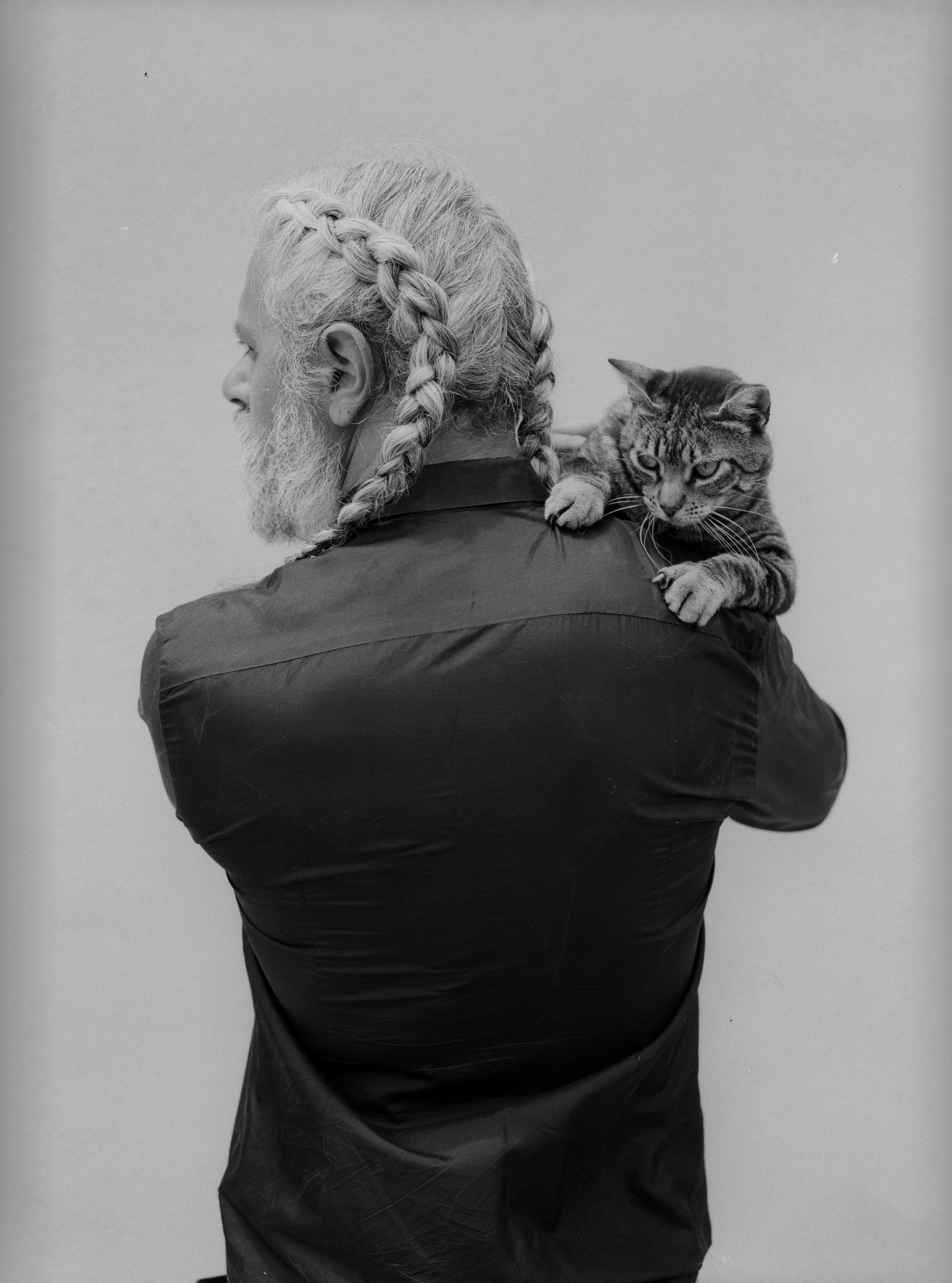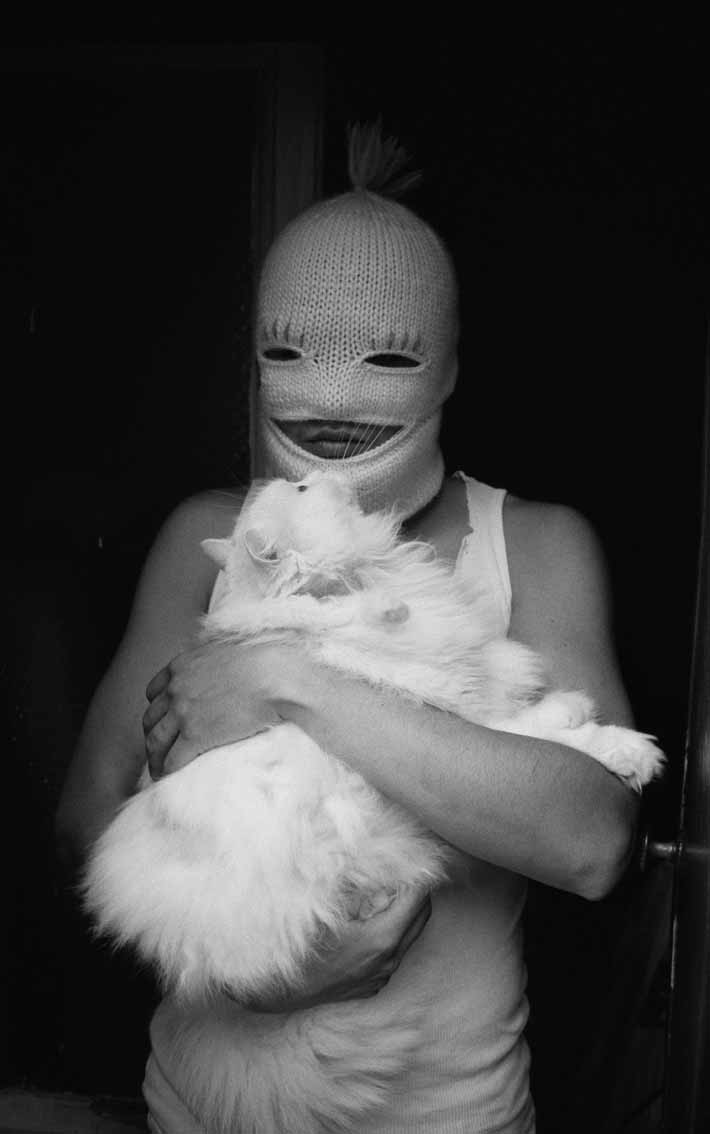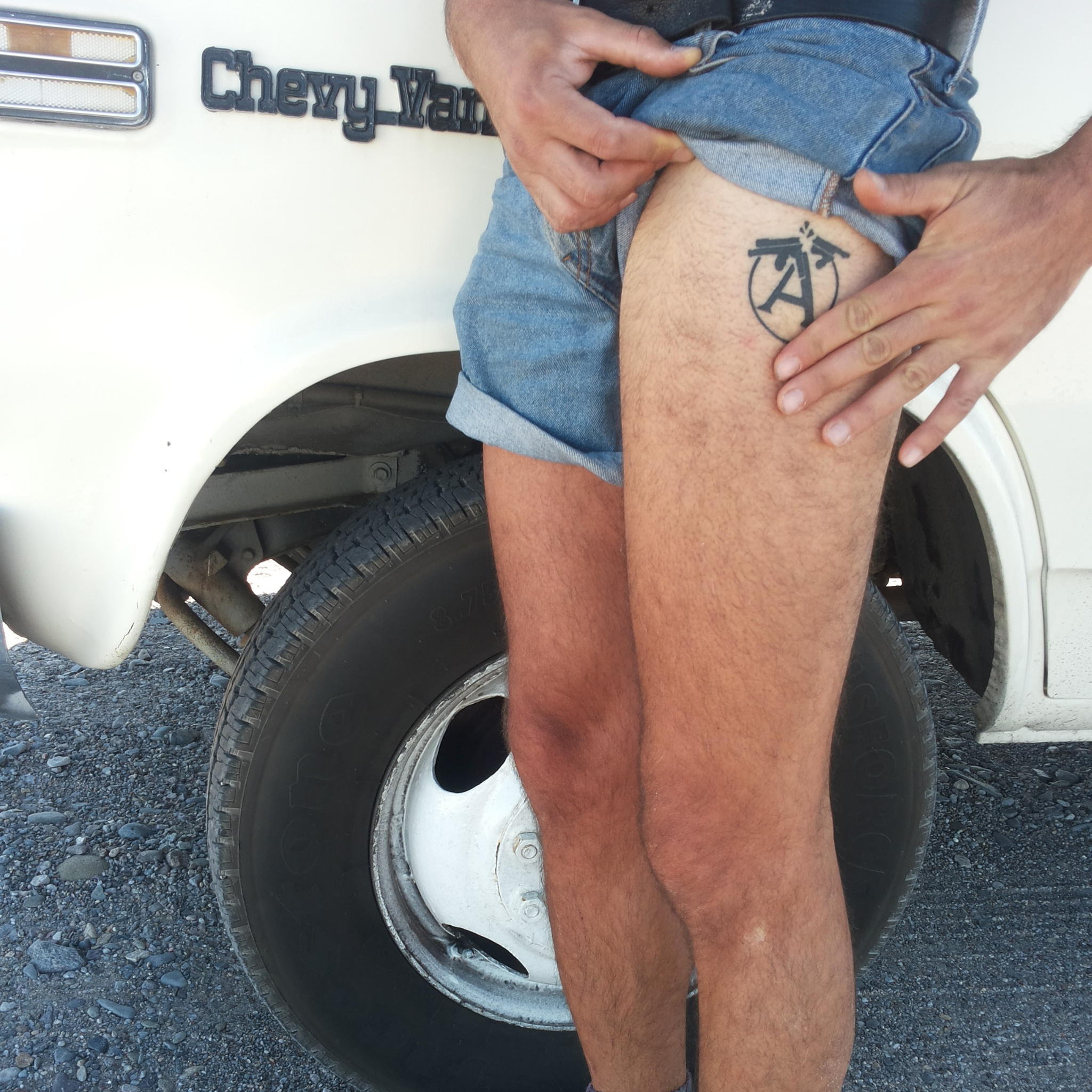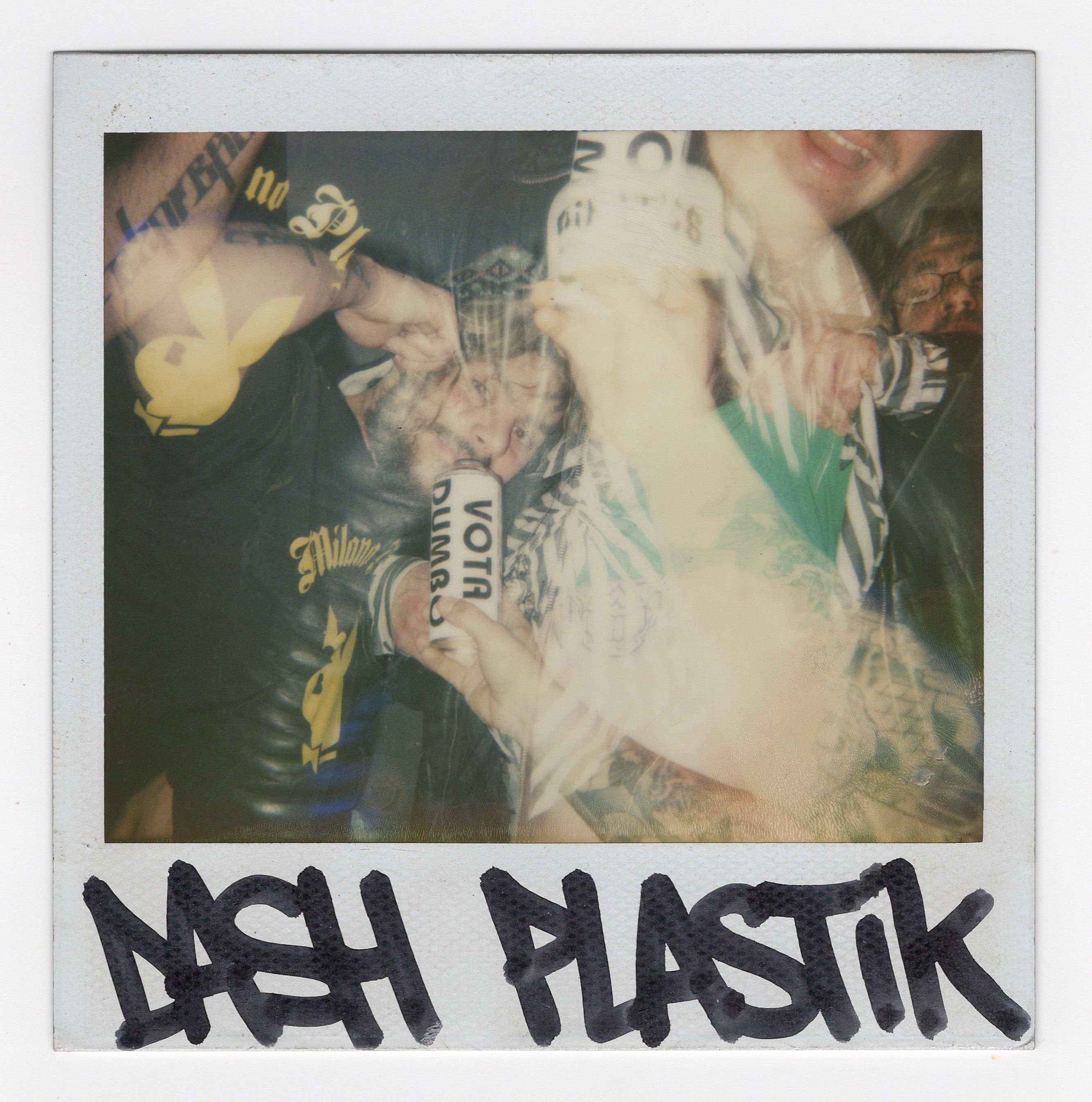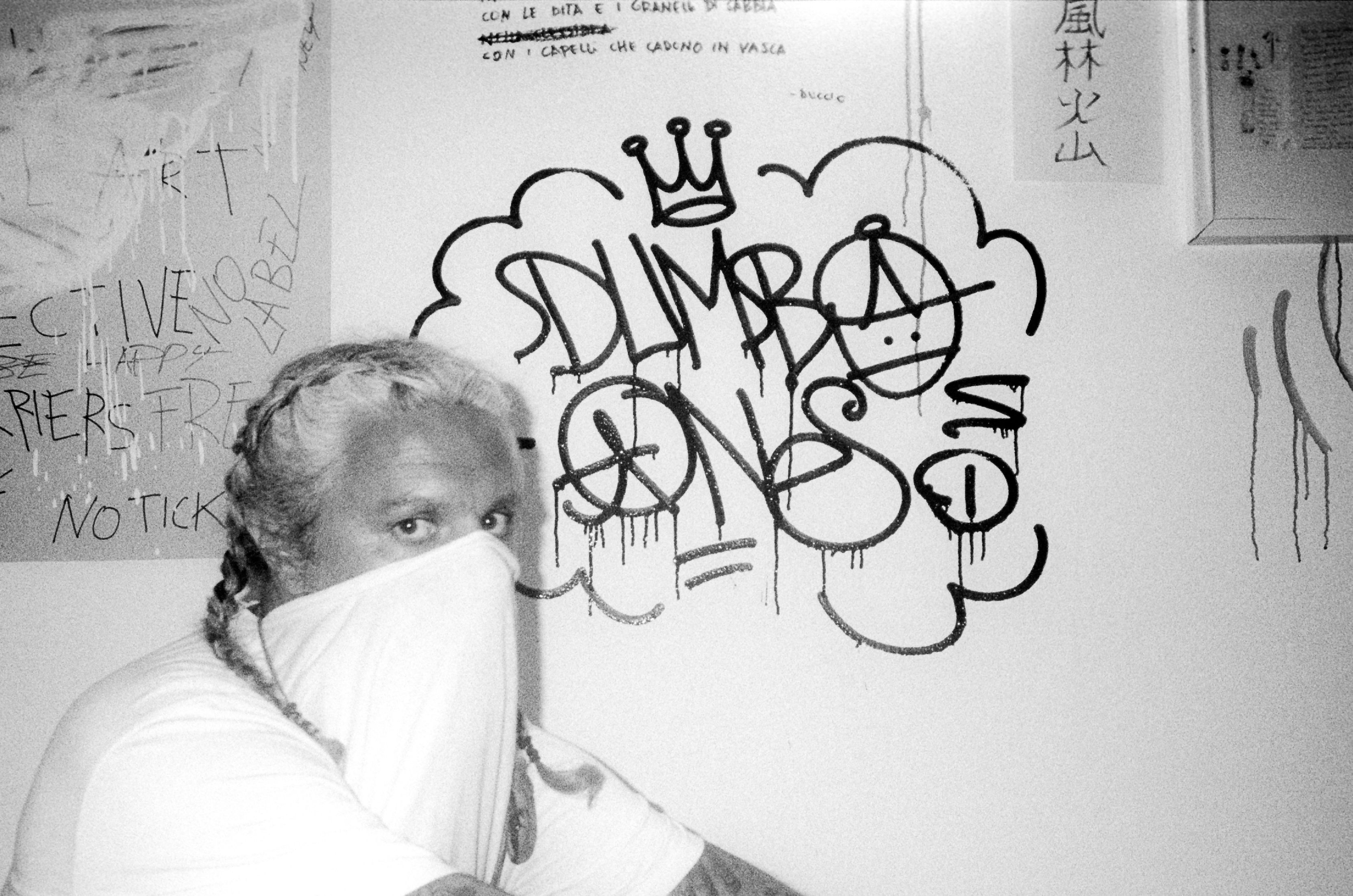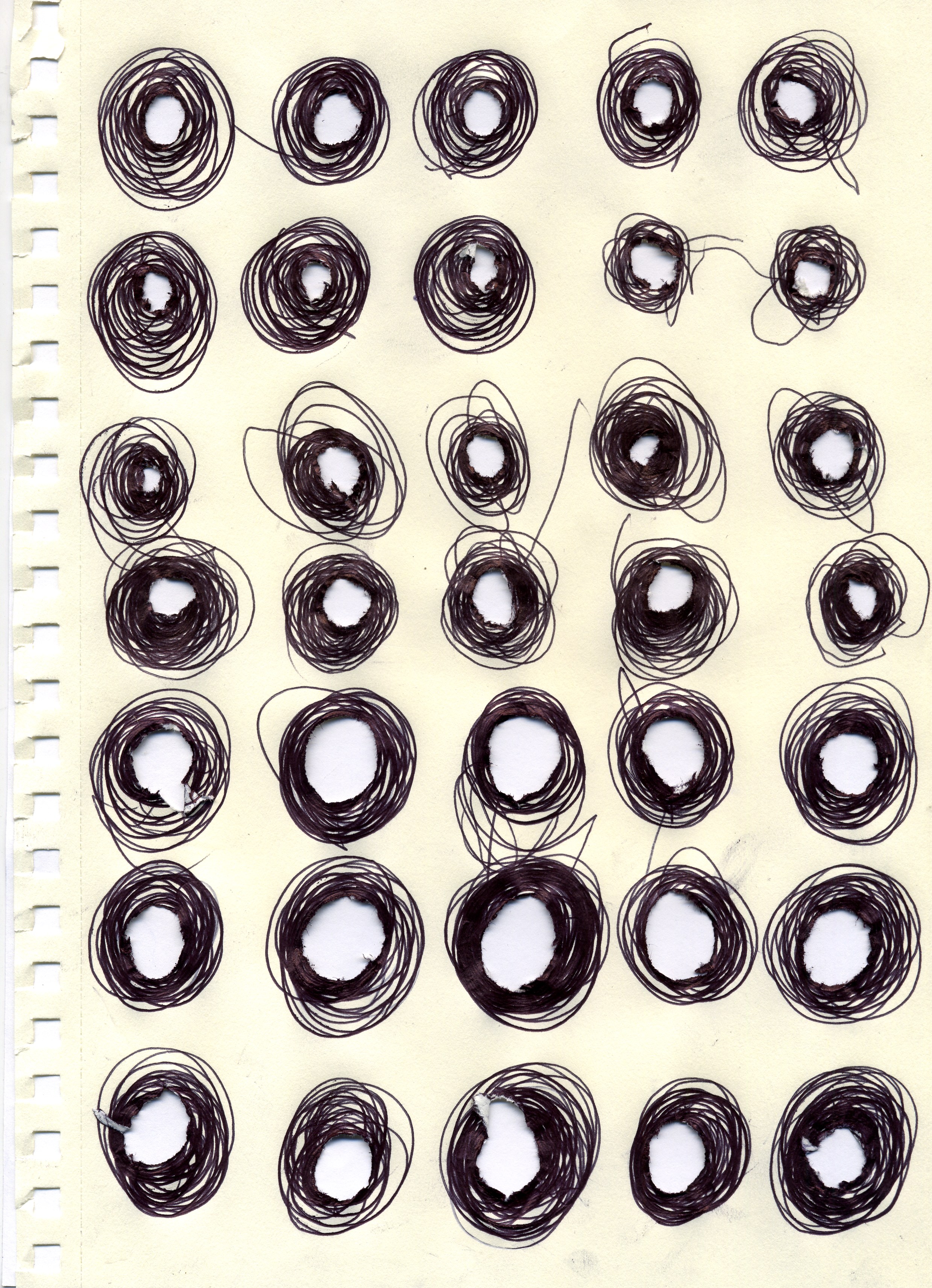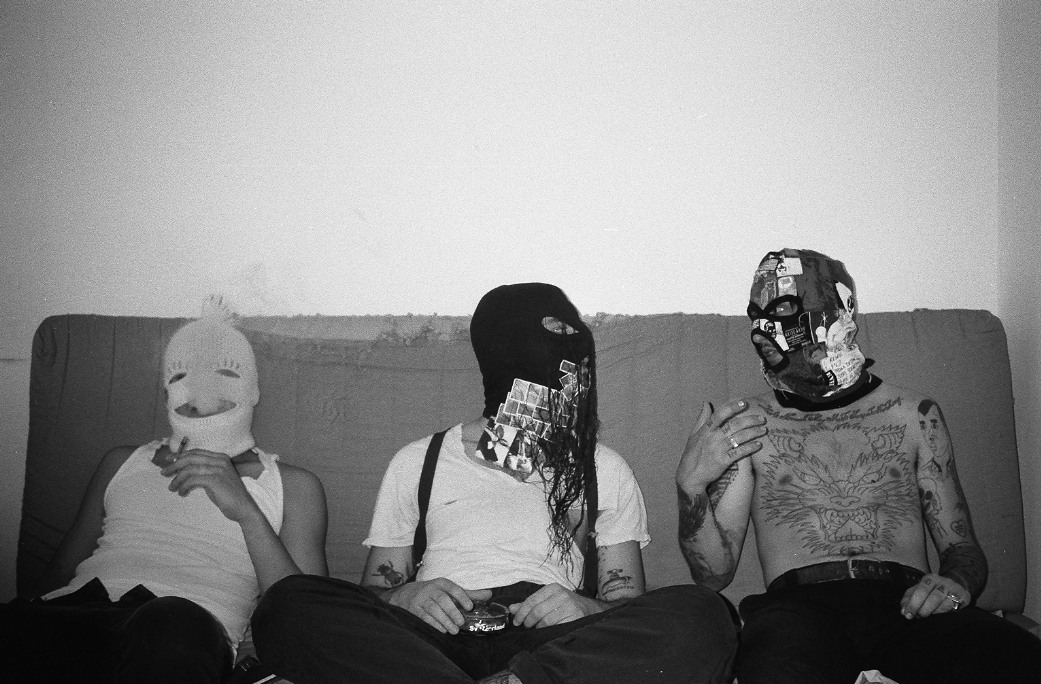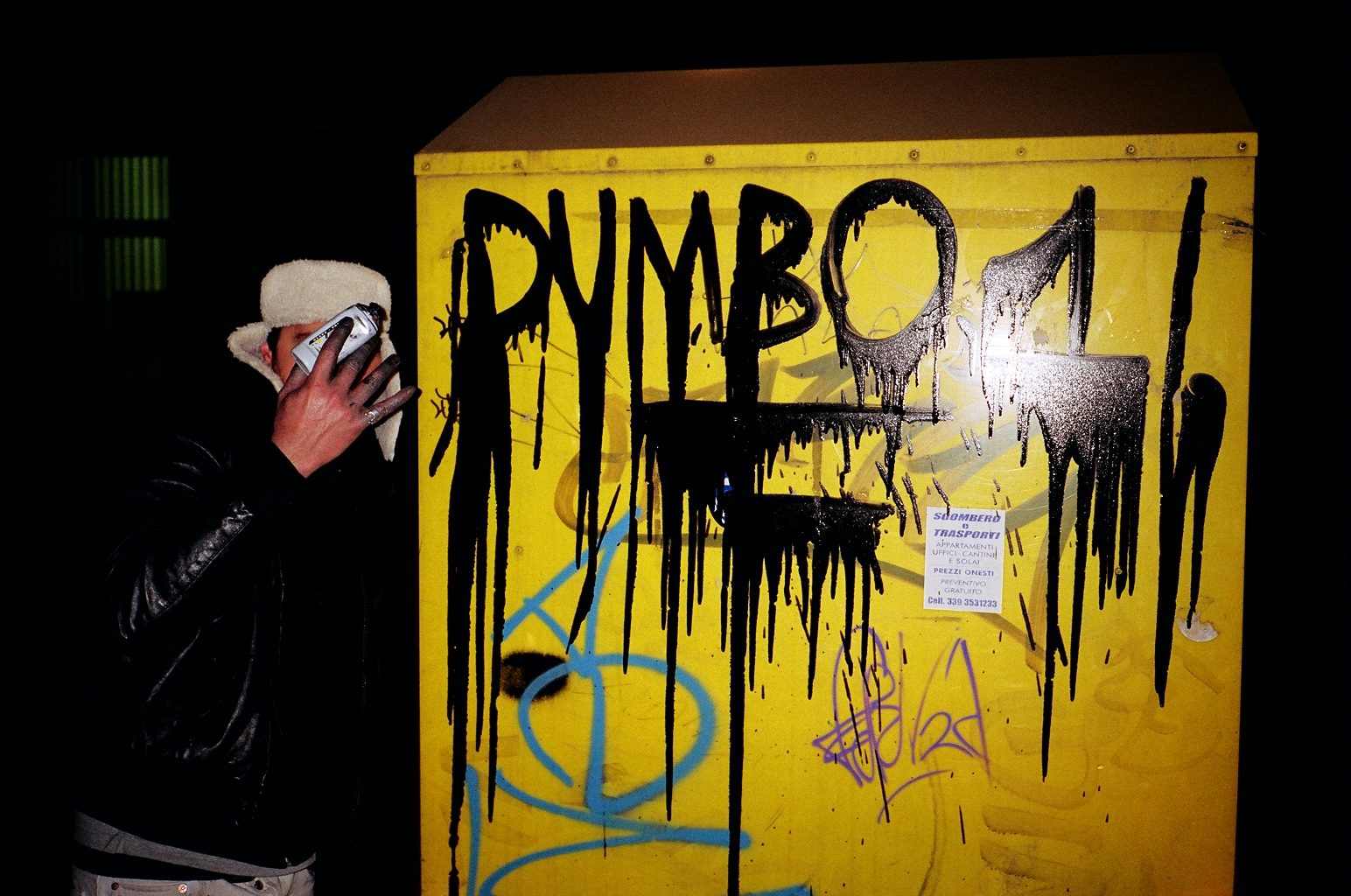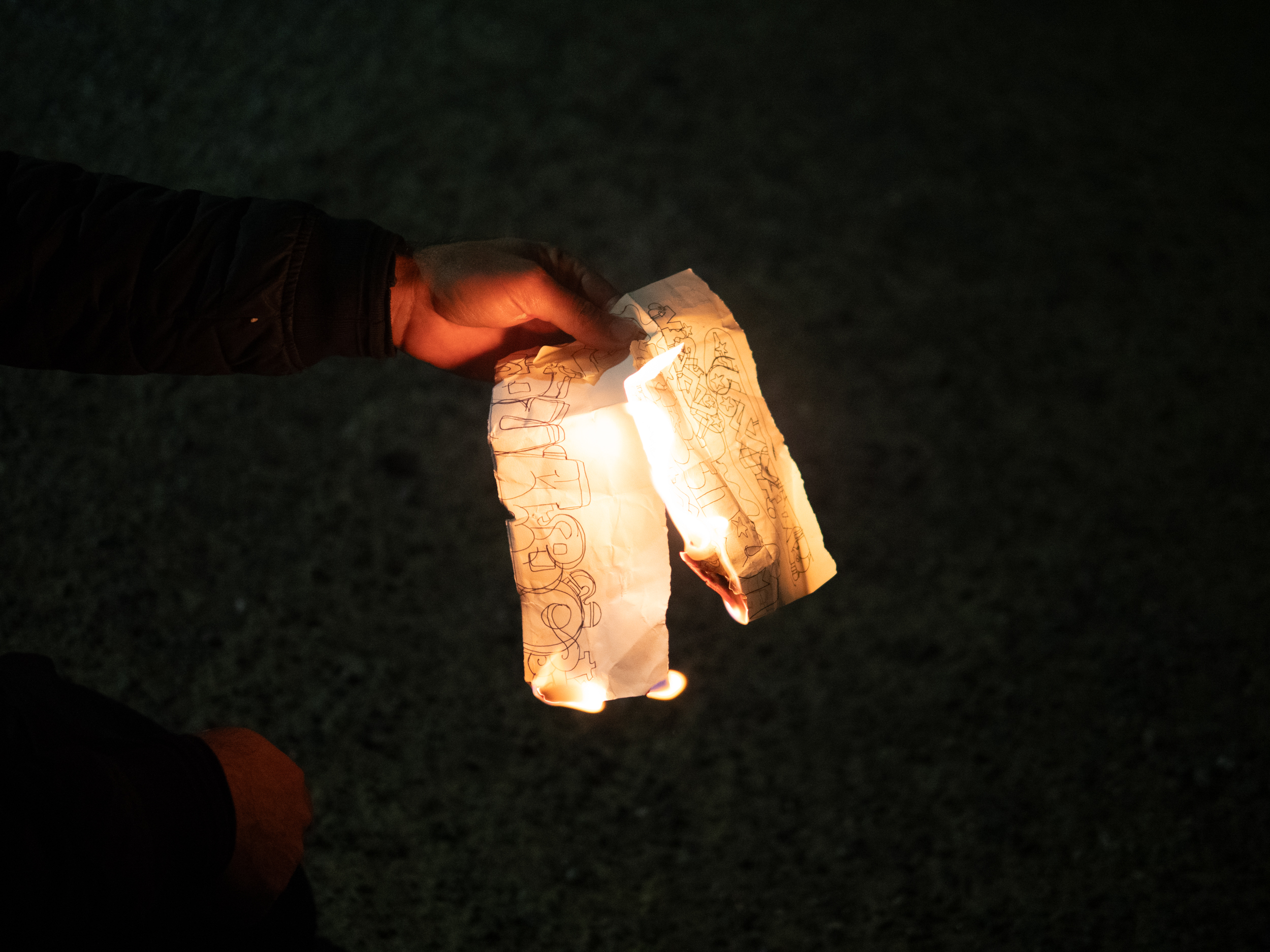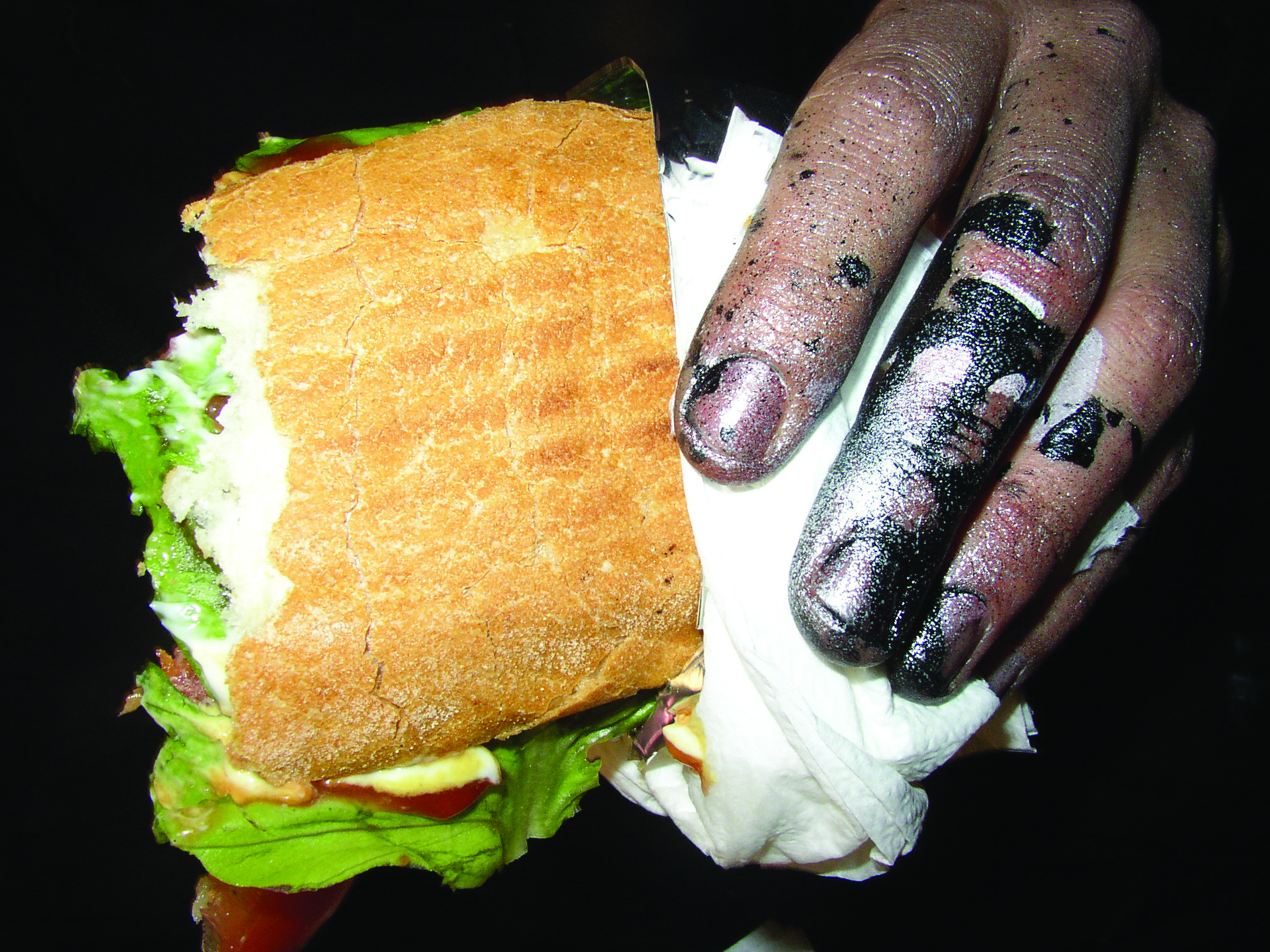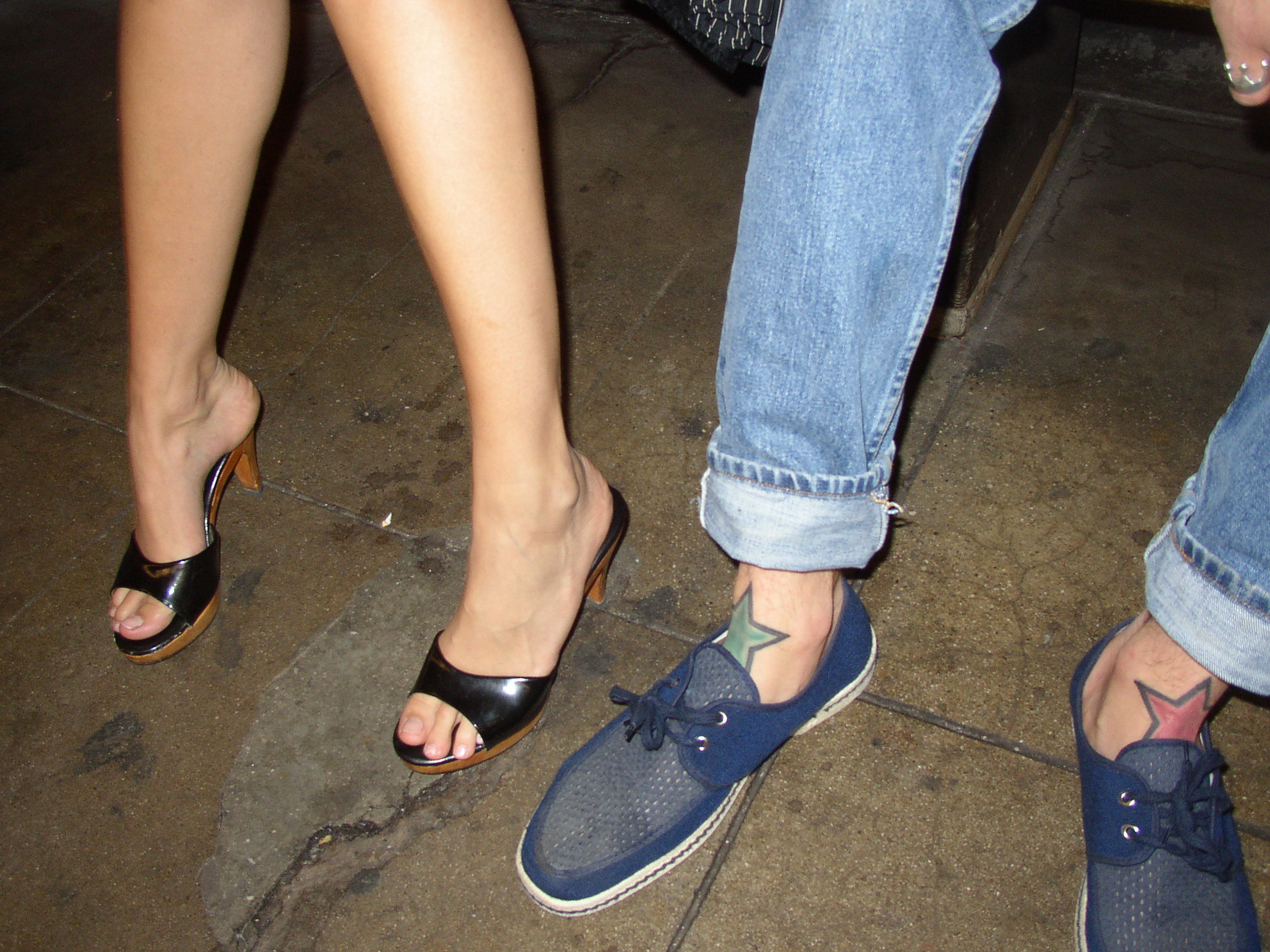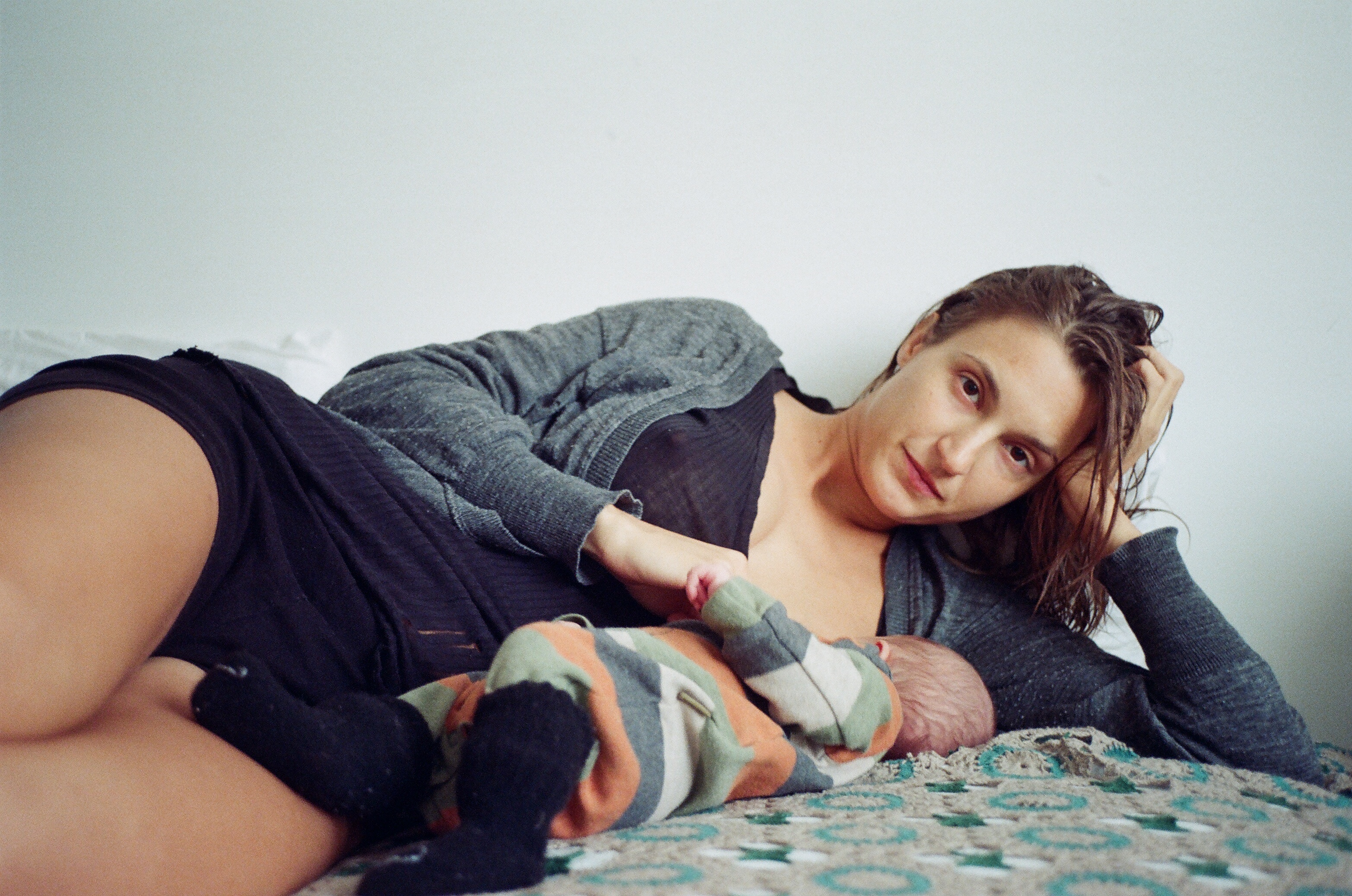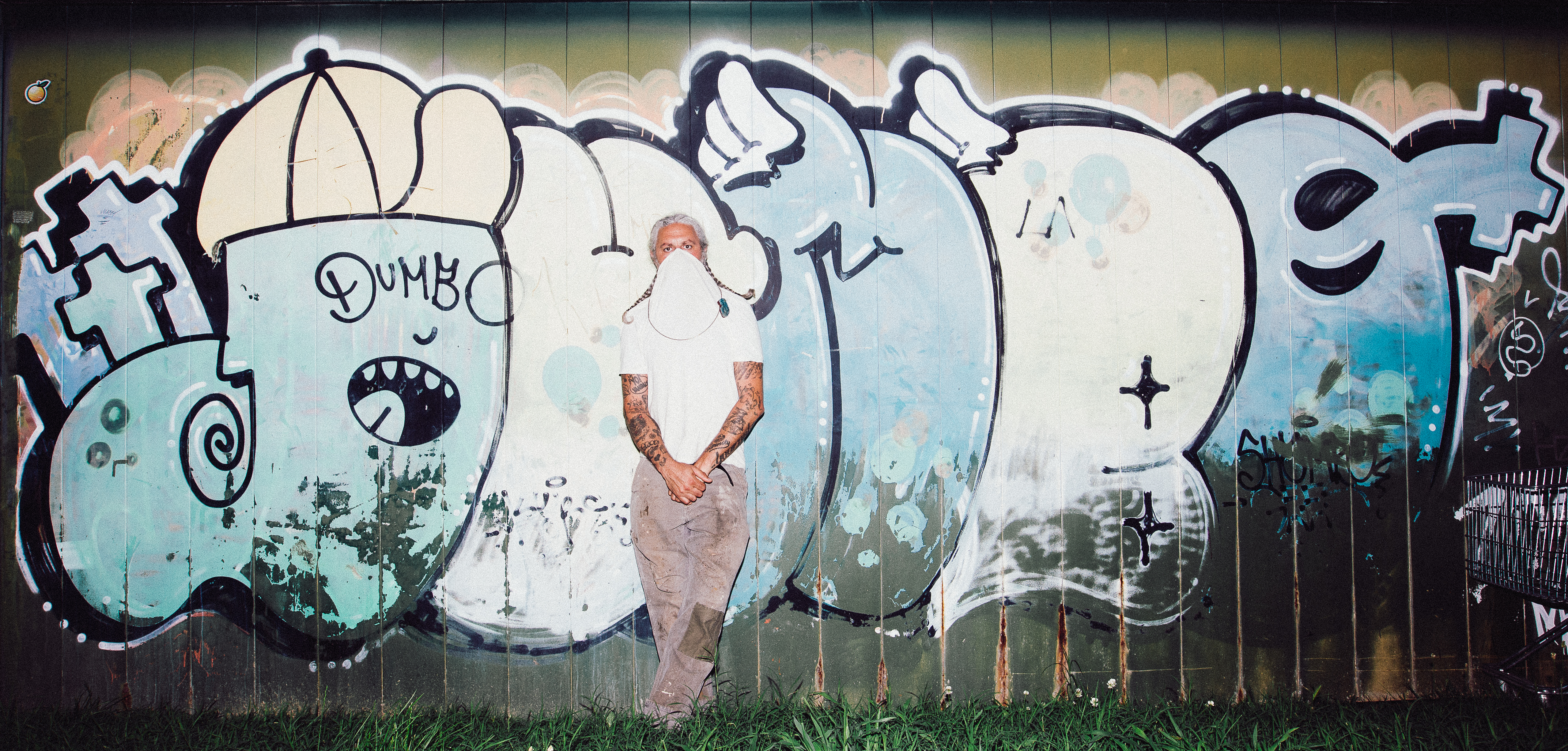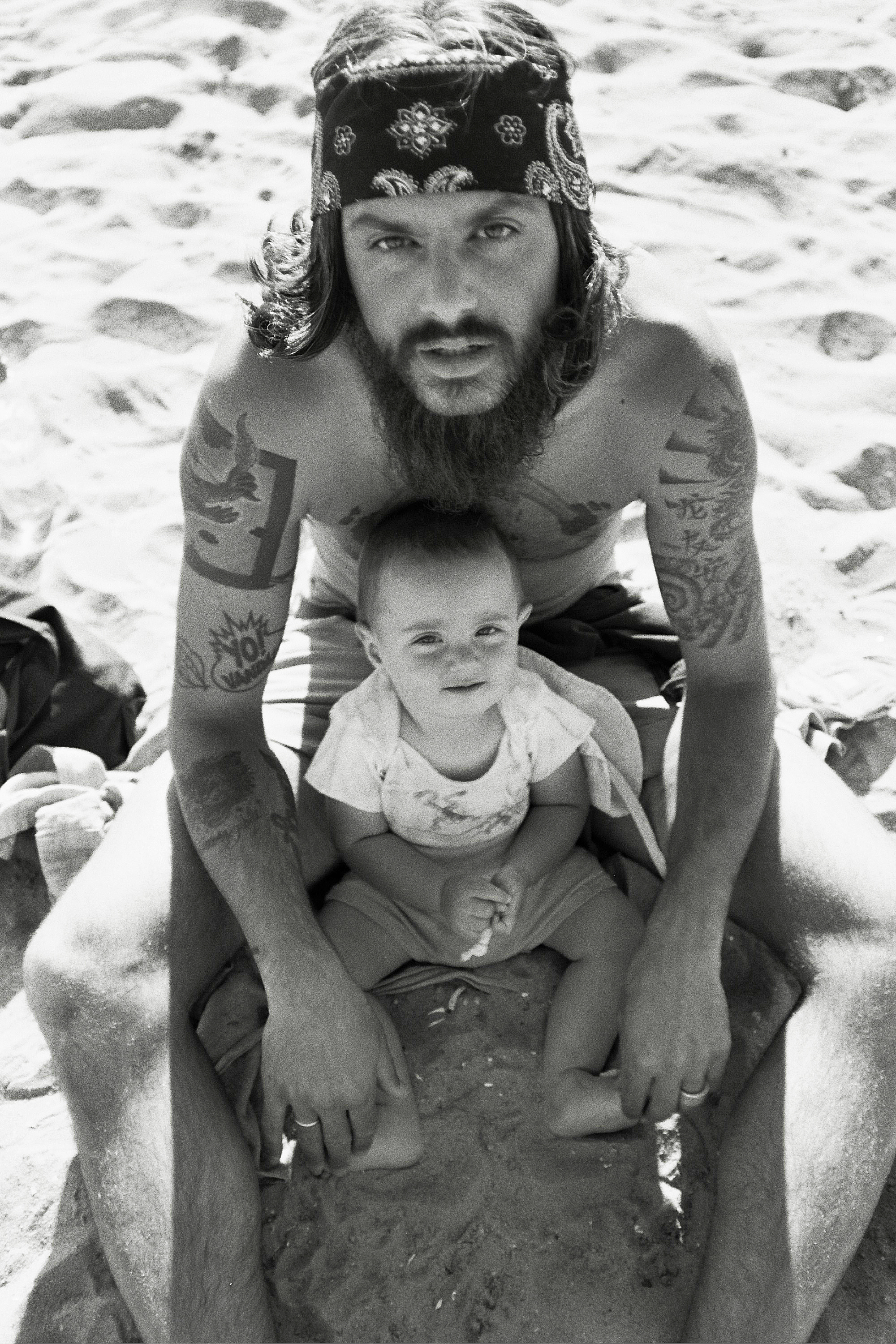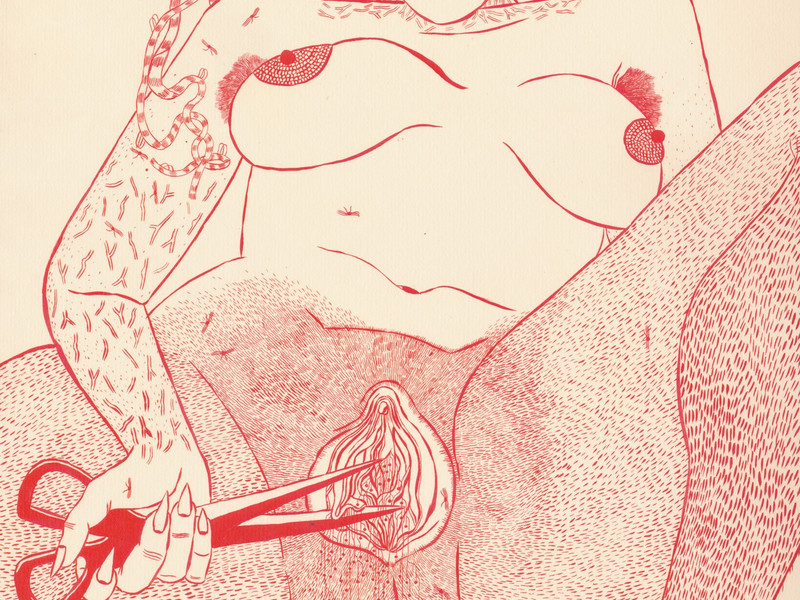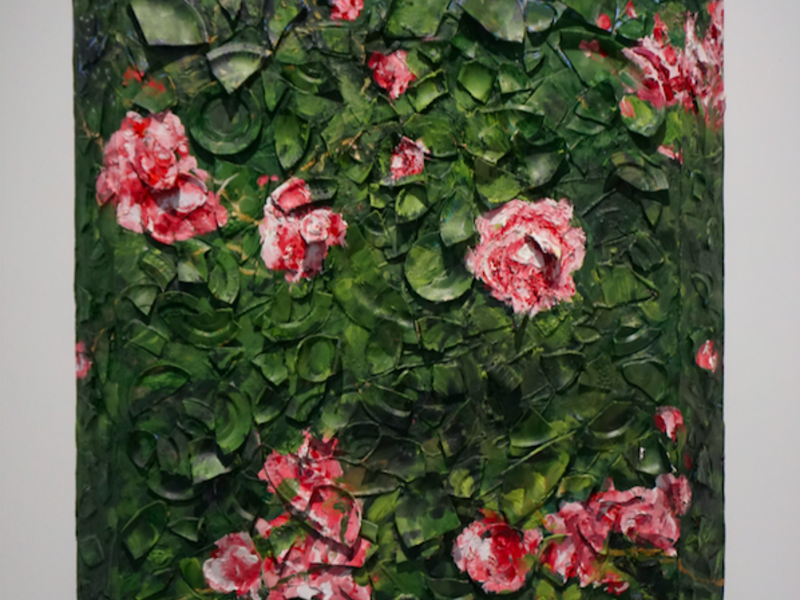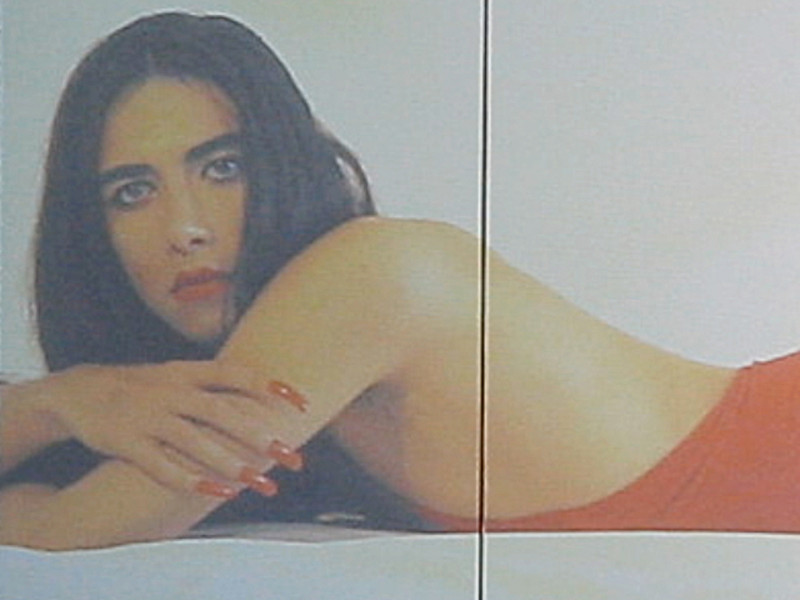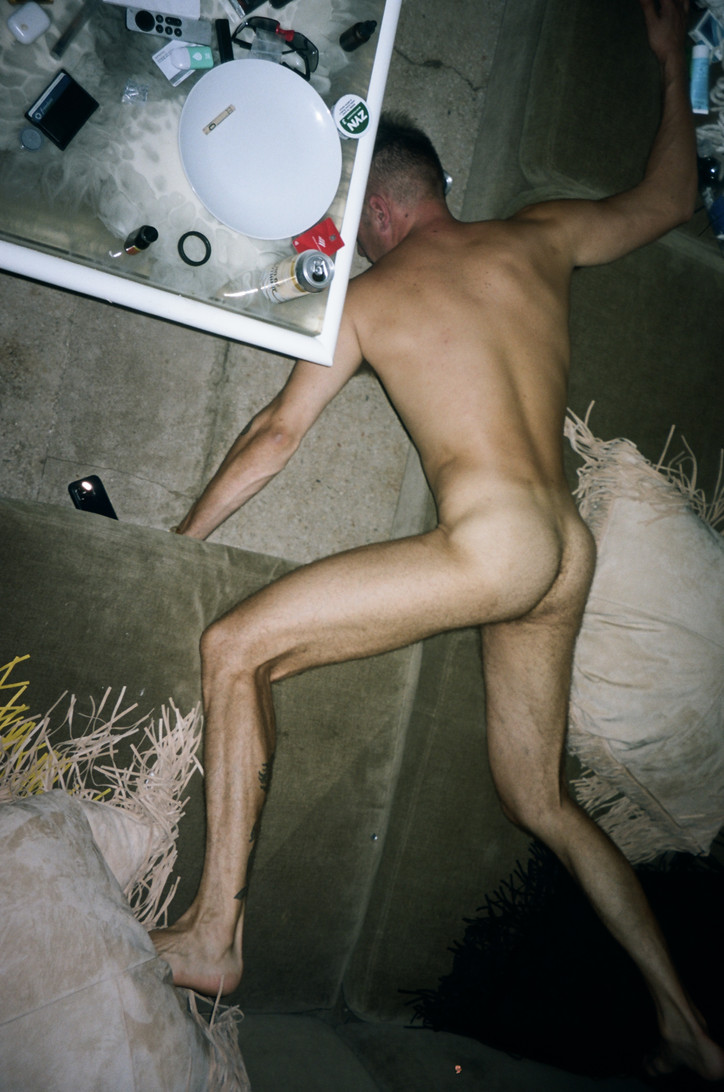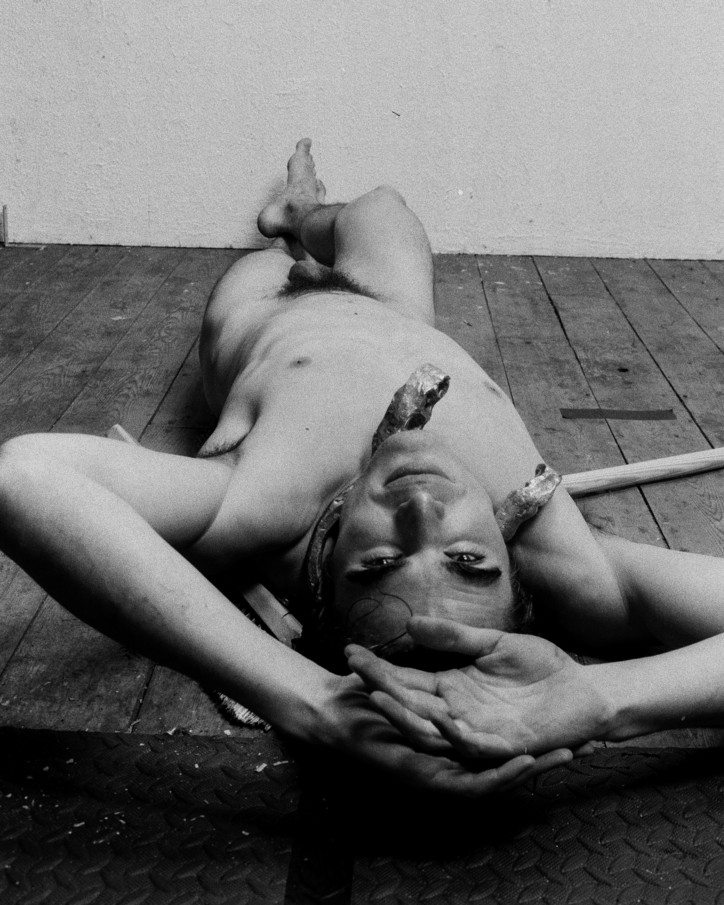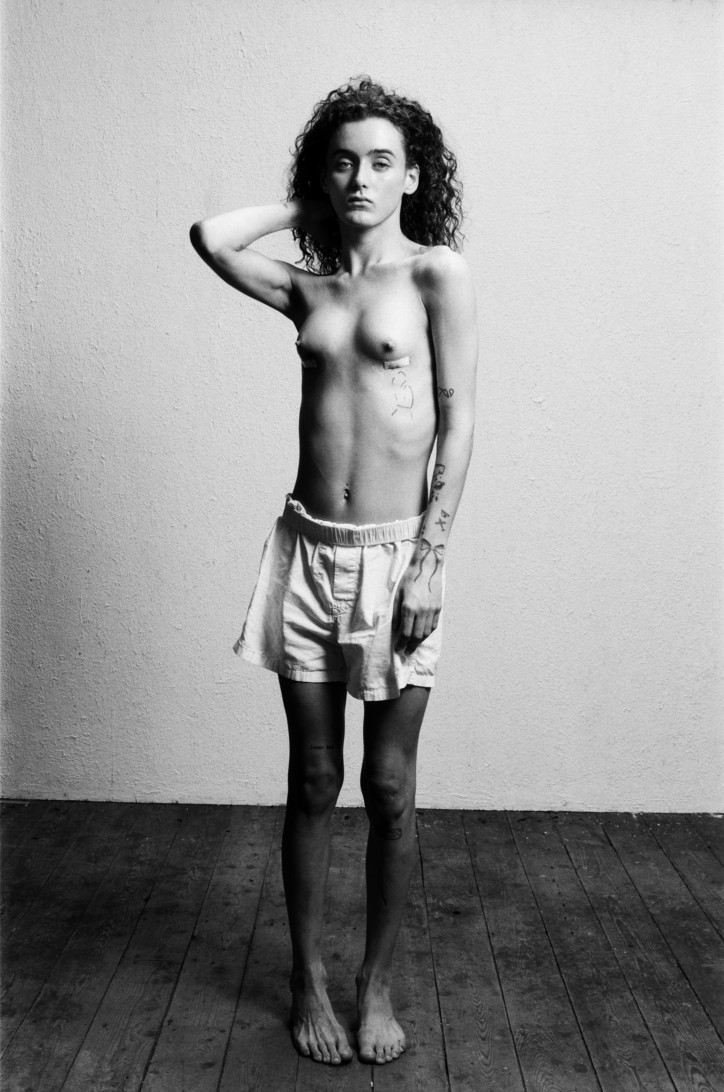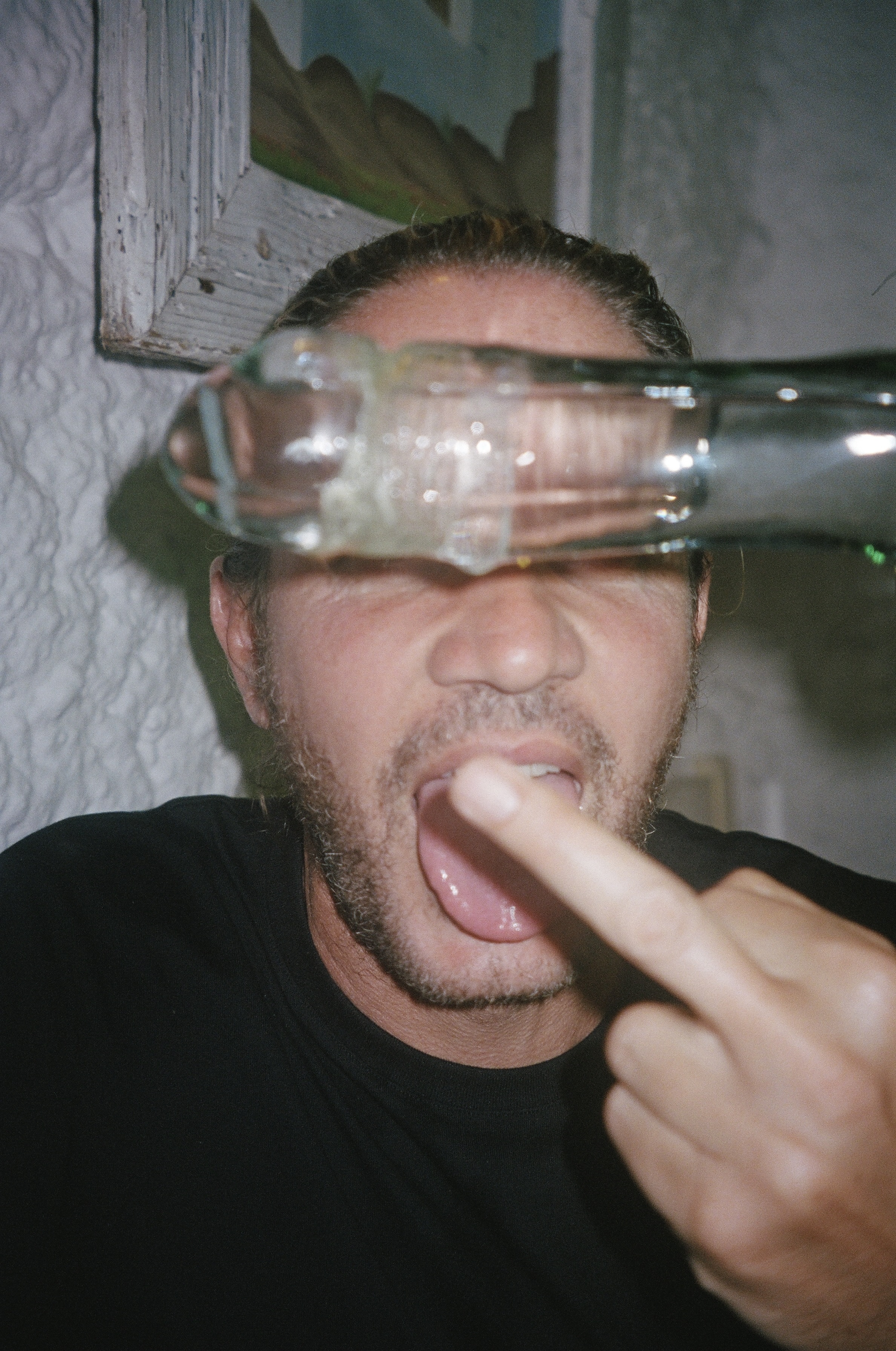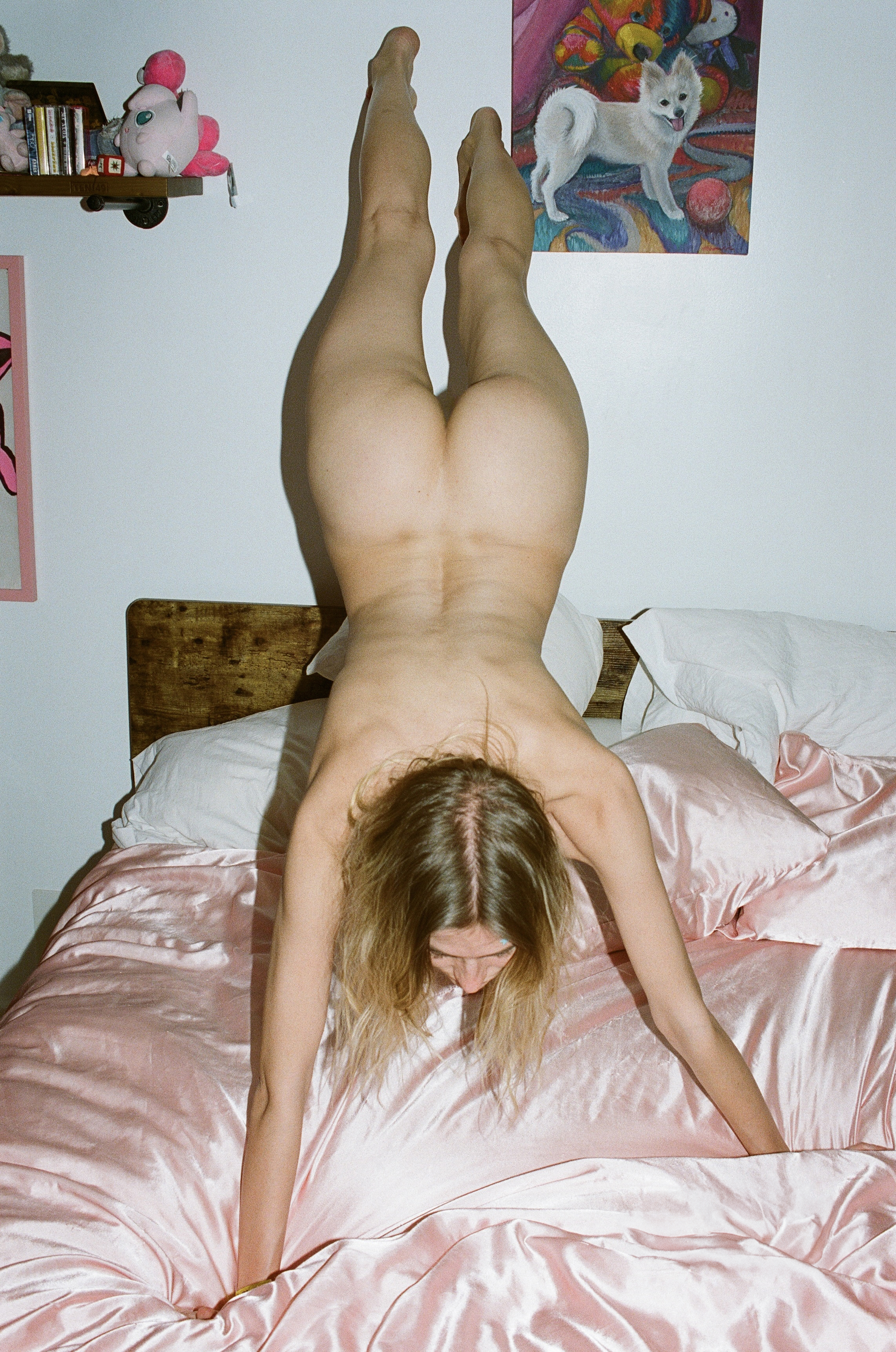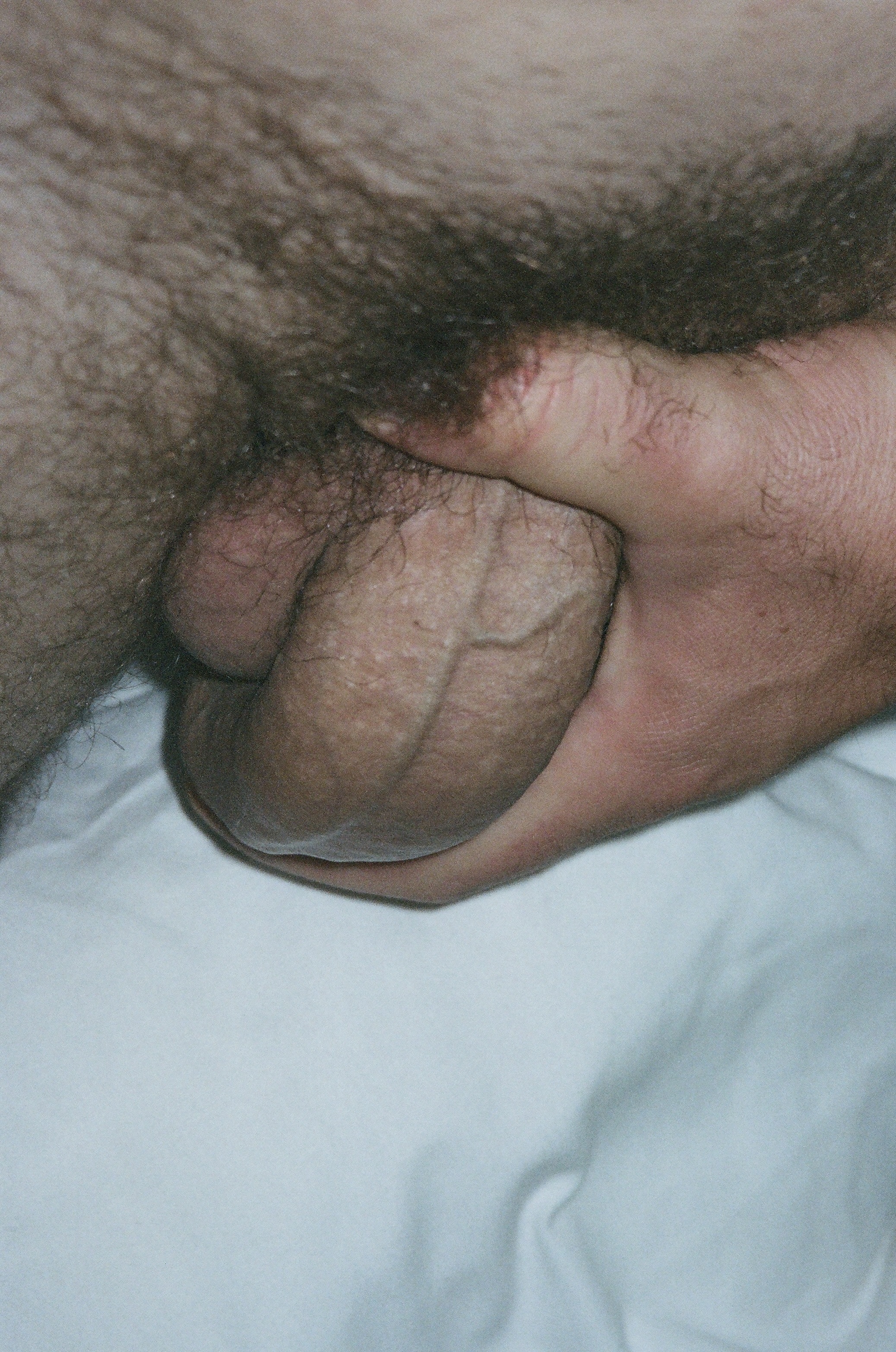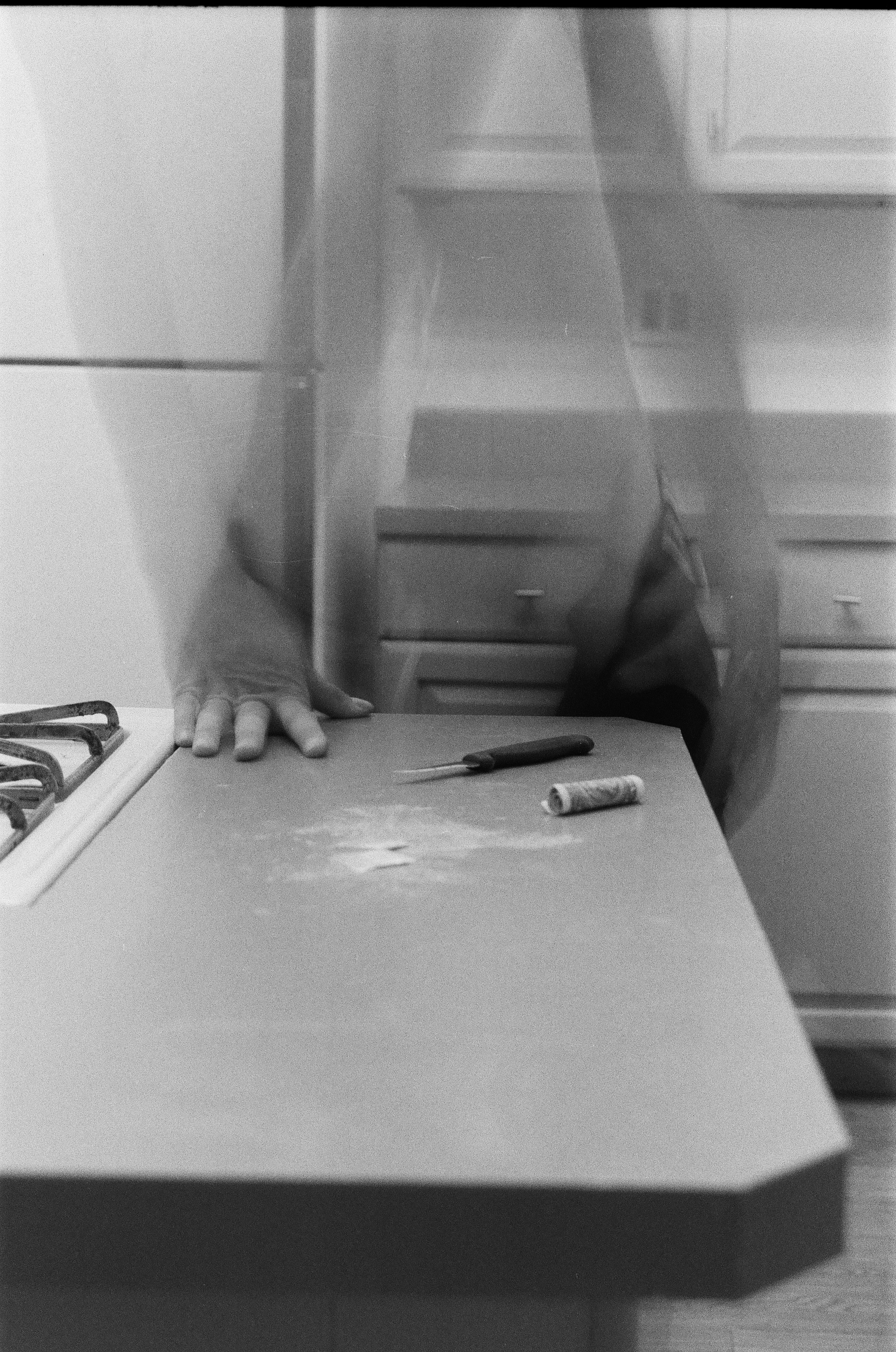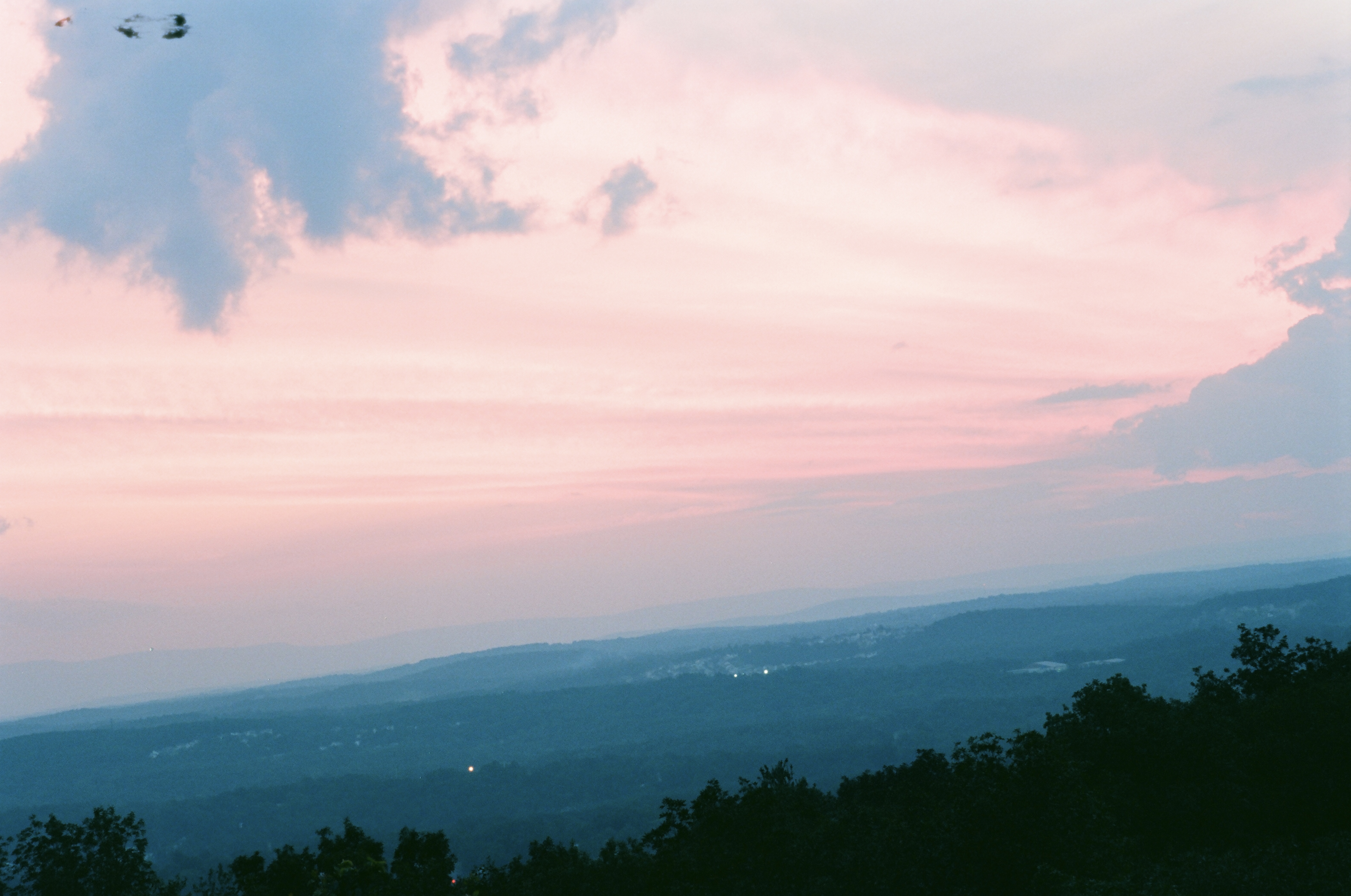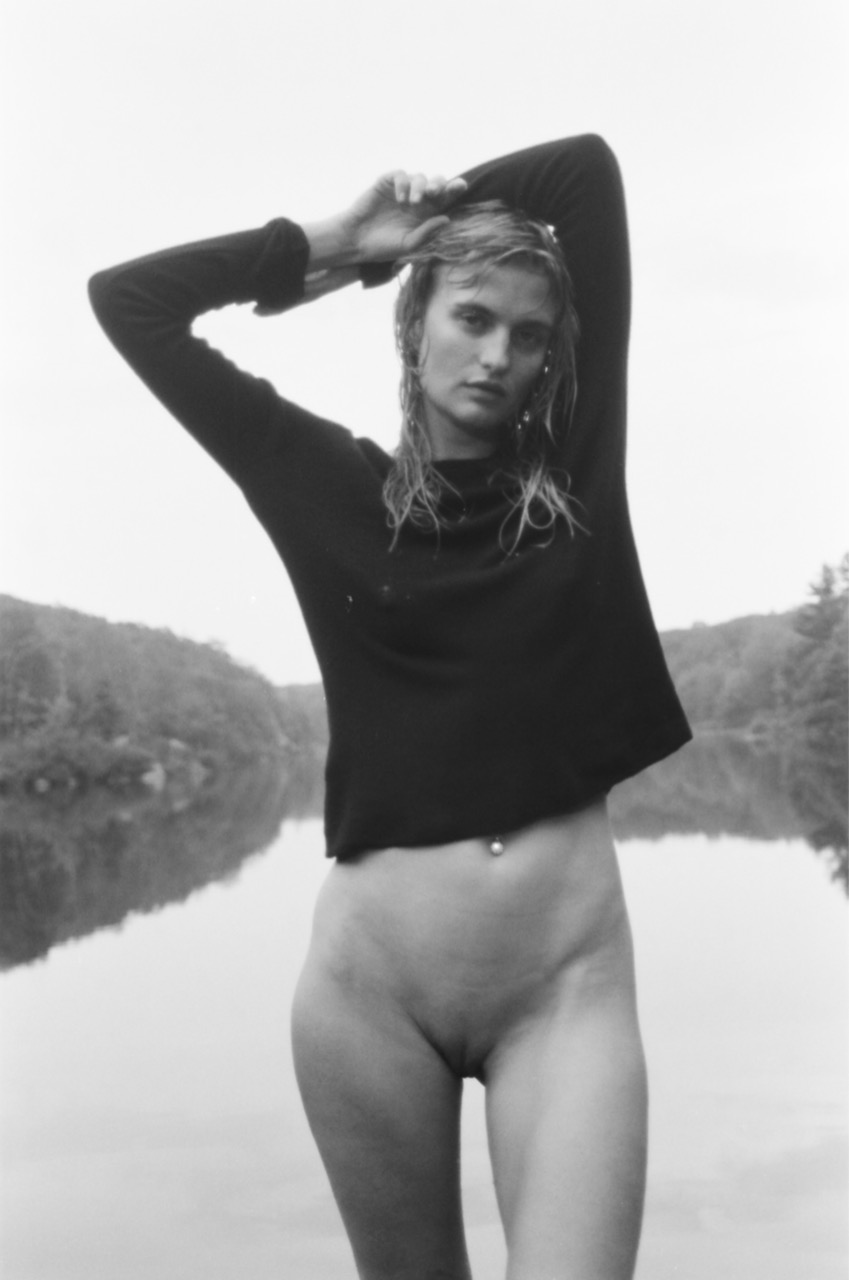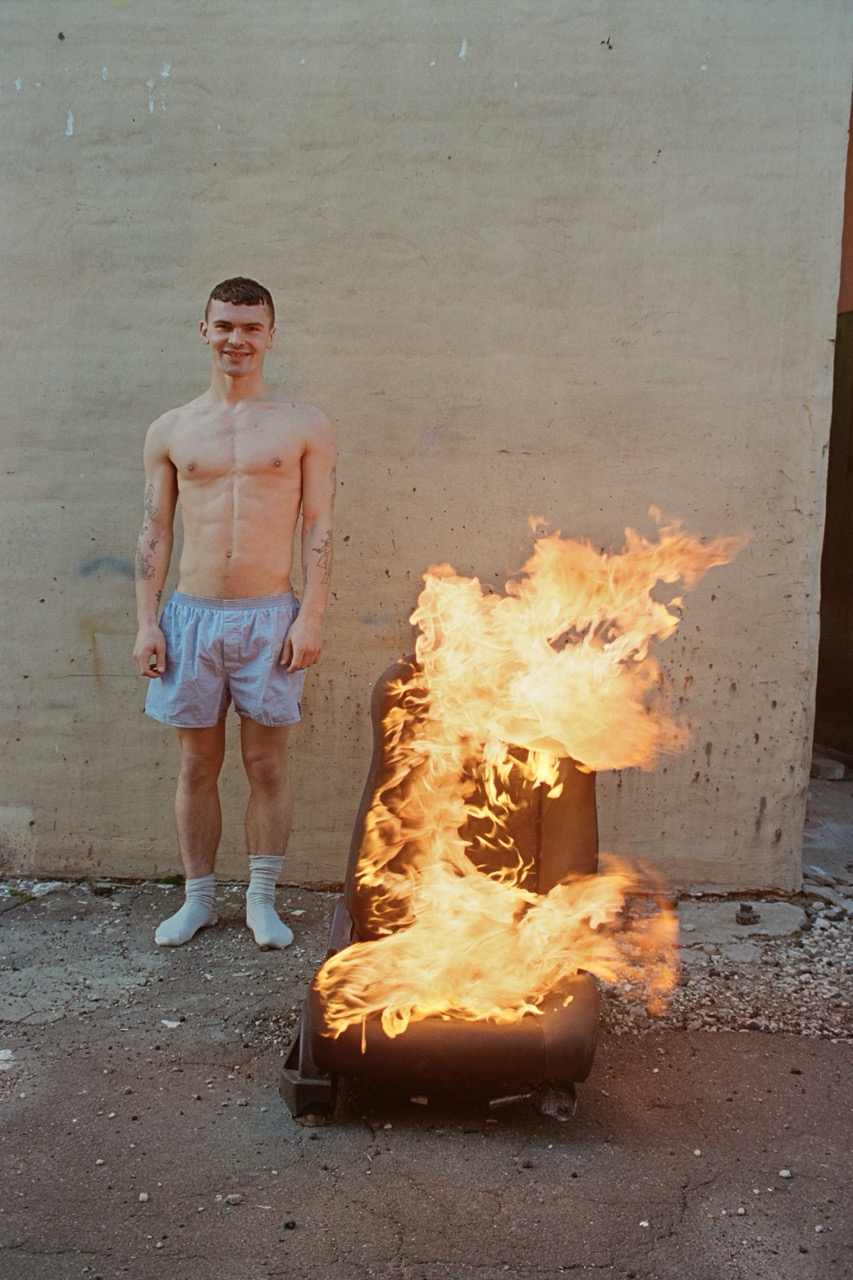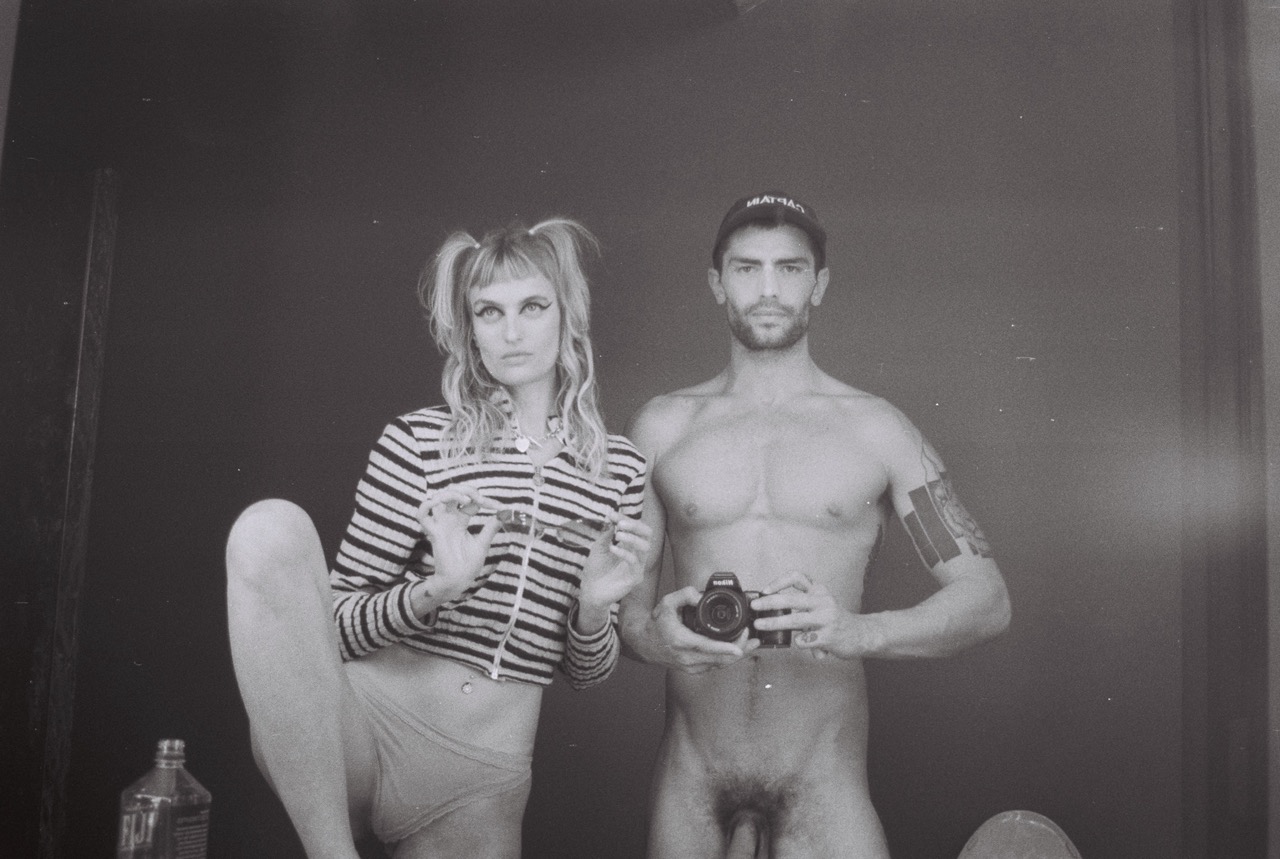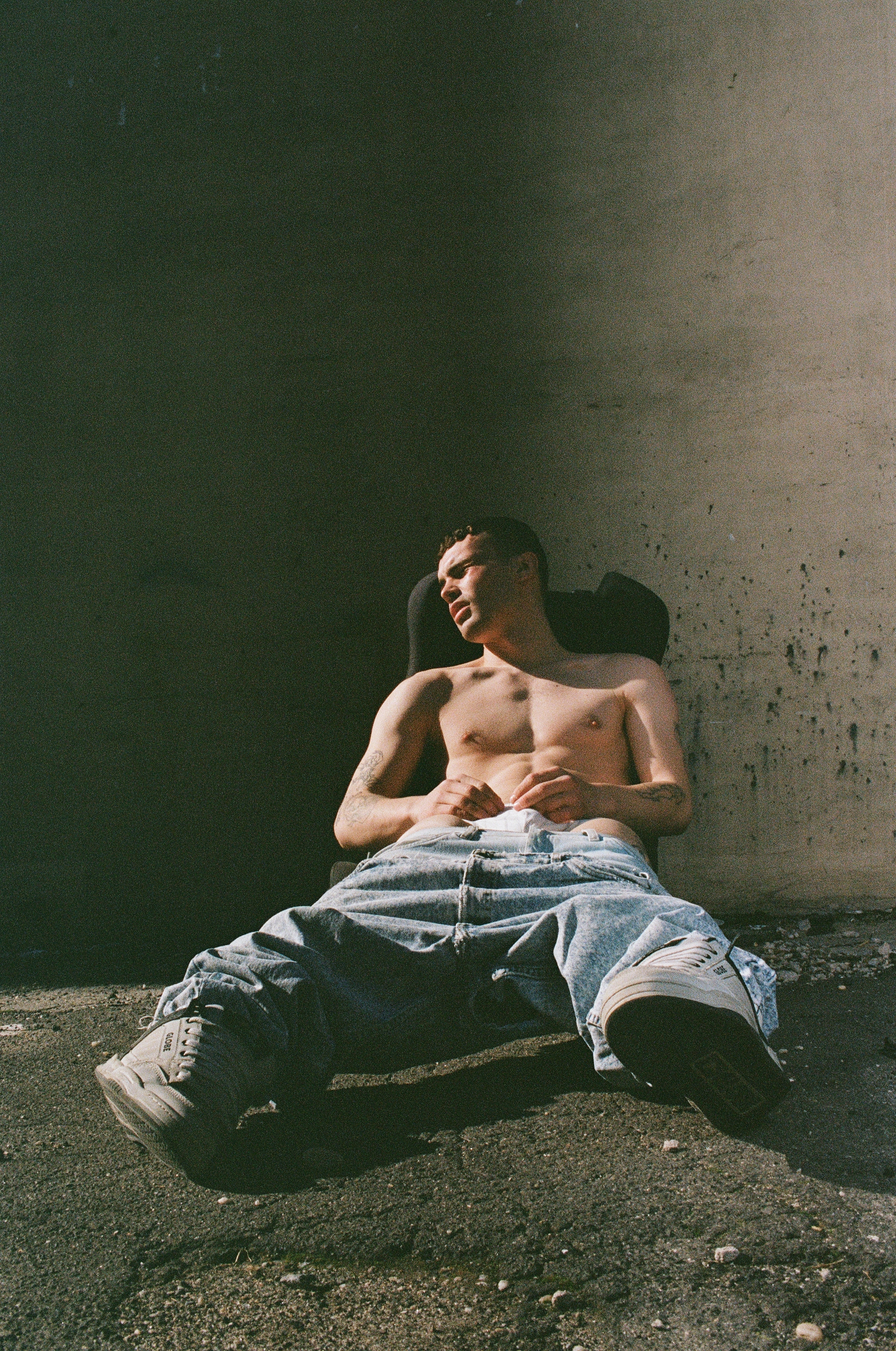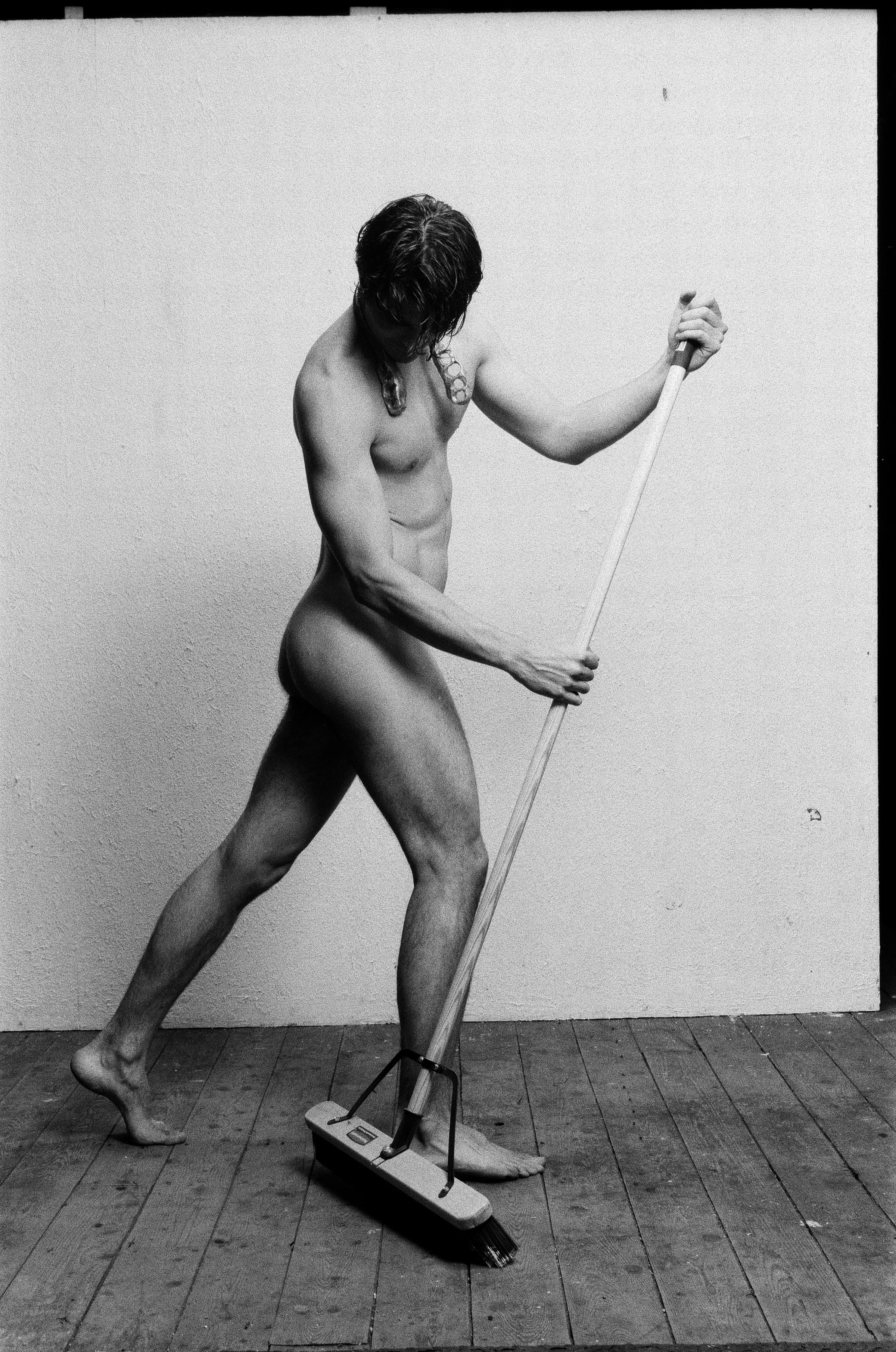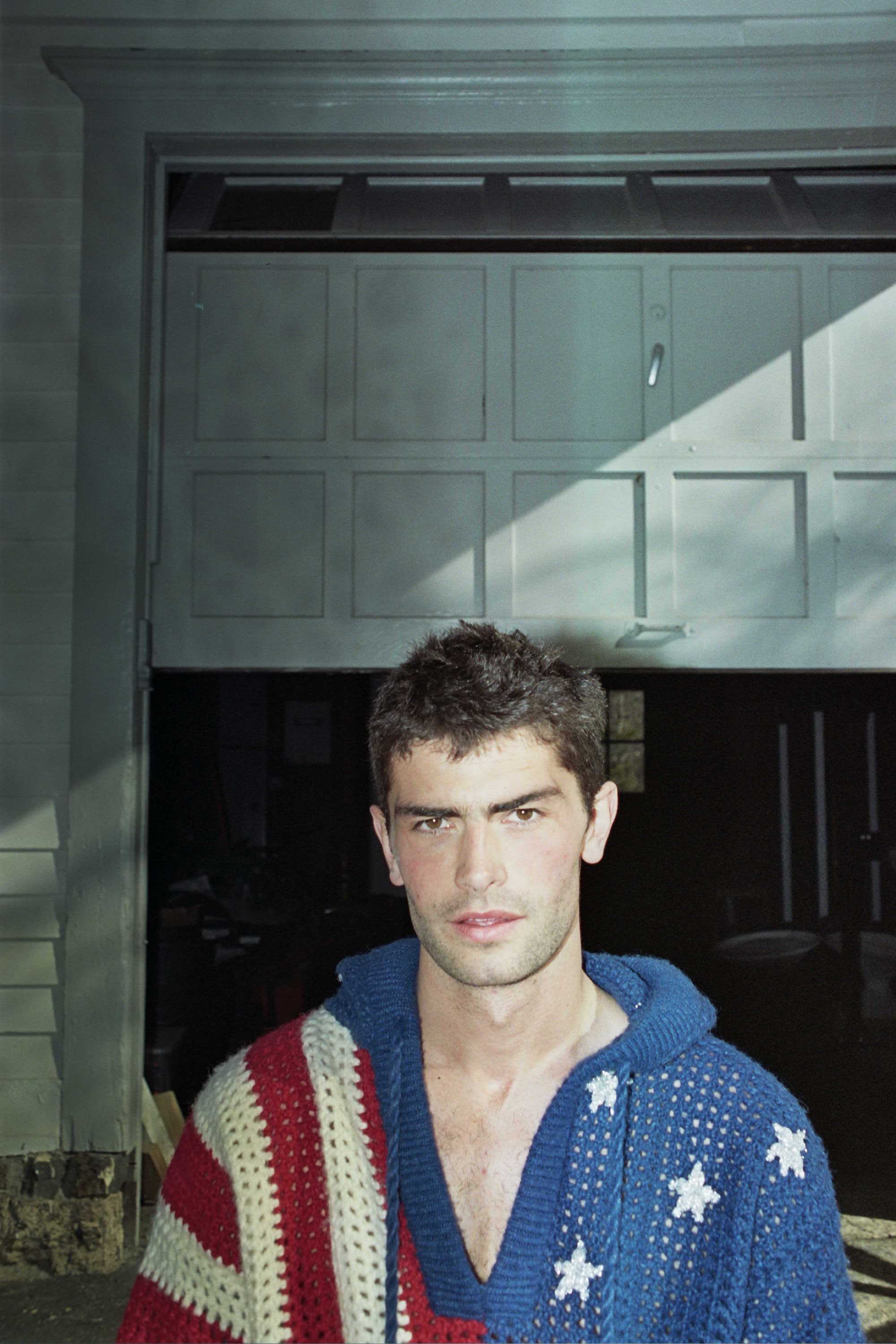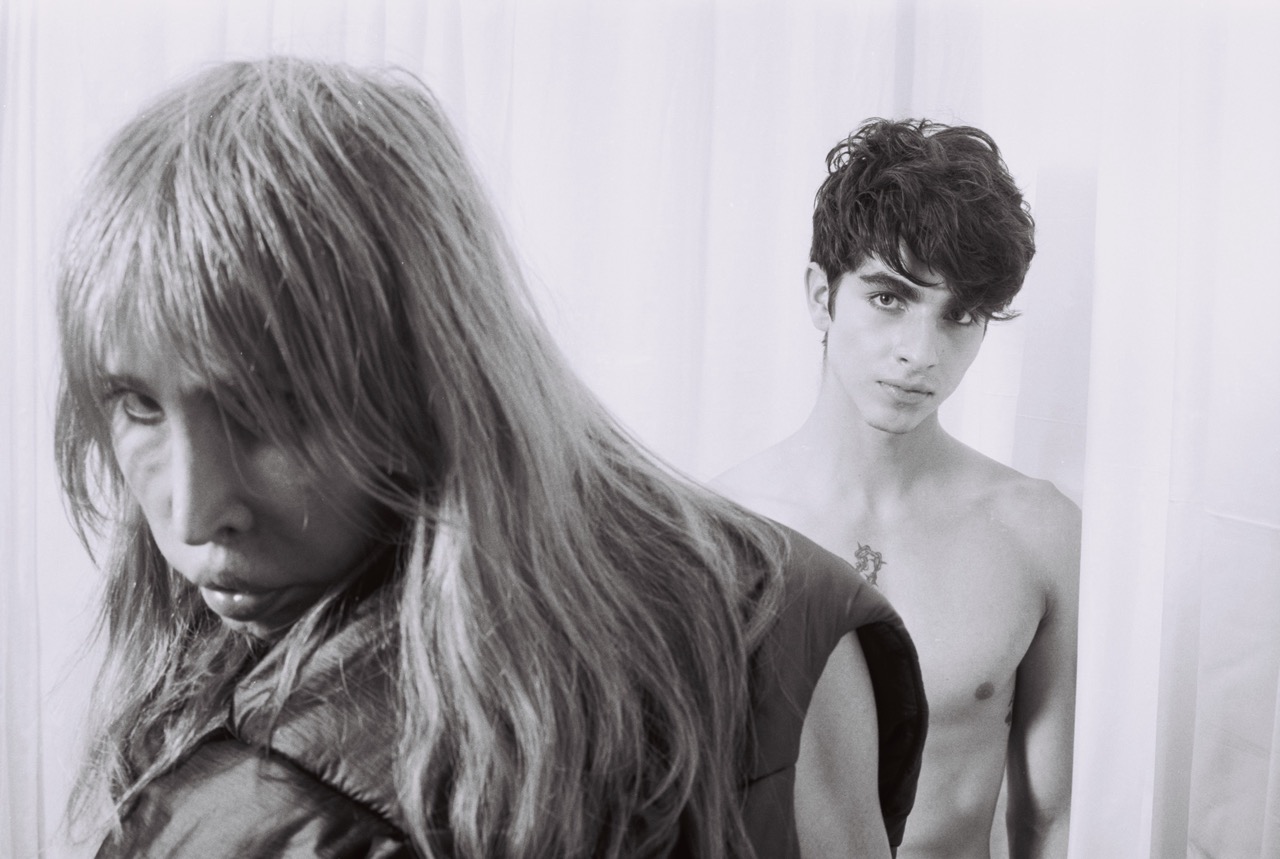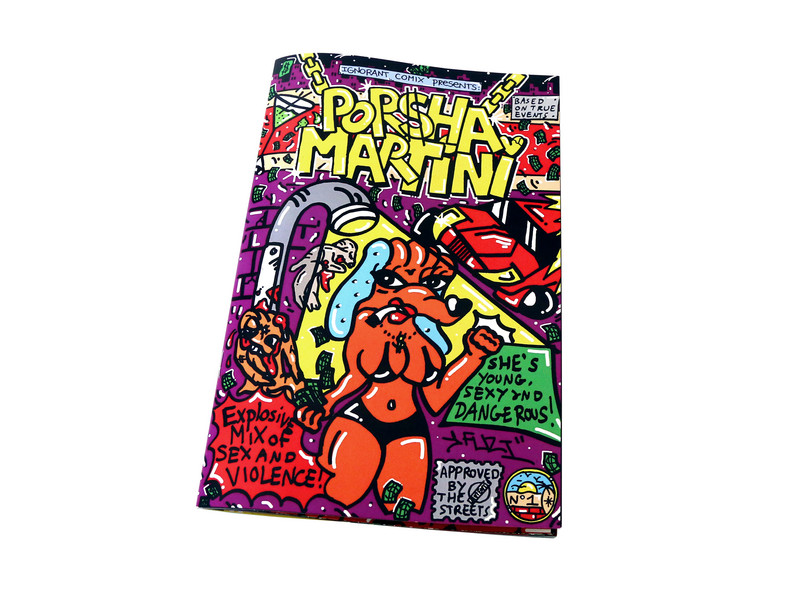Jaakko, Modern Jester

You’re probably most known for your work as a video artist, but for the past few years you’ve been publishing brief comics on Instagram. How did those come about?
I started making comics when I was 12 and I'd been making longer form comics for many years. I did some book-form comics before, but then there are topics that are not really suited that format. It doesn’t feel so integrated with the art thing, it feels like two separate things. The Instagram comics are a way to merge the things together and also be able to make comics about these things that I would maybe not make a long narrative about.
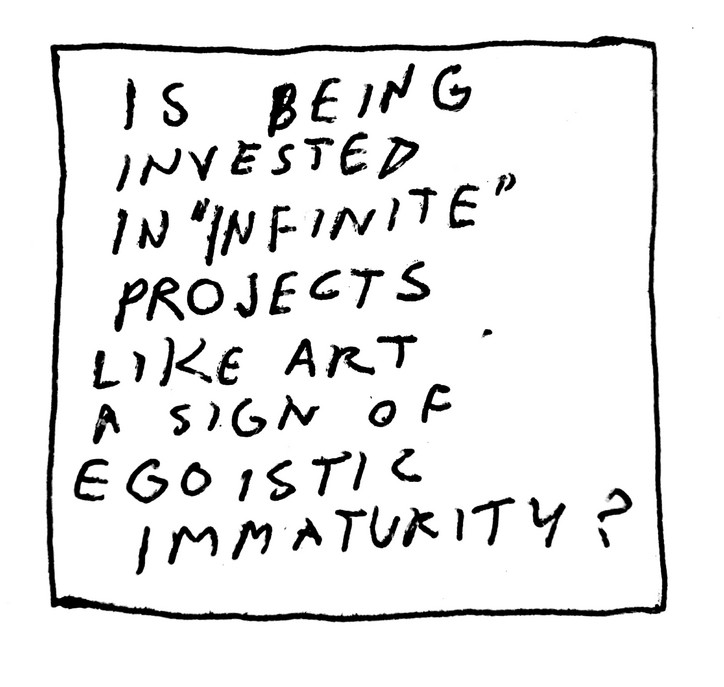
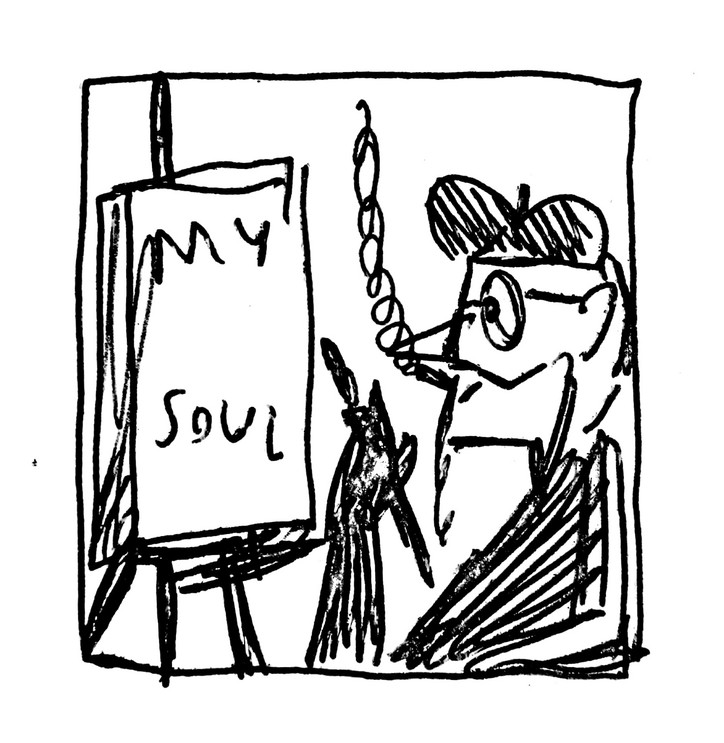
Why on Instagram?
When it became possible to have photo sets on Instagram, you suddenly had this new aspect where you could have a narrative and where you, as a viewer, have to always decide if you want to read further or not. It’s a very active way of reading things.
In many of your comics you keep mistakes—text that doesn’t quite fit on the line, sections or even whole panels that have crossed out, and illegibilities. Where do these “failures” fit in?
One of the things that I'm interested in is it takes the same amount of time to make one of the comics as to read it. It’s the fastest thing that I'm doing right now because I'm also making videos which sometimes can take a full year or a super long time to make something that's just 20 minutes to consume. With the comics I'm just drawing them as fast as I can and there's no sketching and usually no correcting them except maybe crossing things out. It’s interesting how quickly I can go from having an idea to executing it to sharing it. You can really compress it in ten minutes or five minutes. I'm trying to make them in this way where there's no moment of reflection and there's no second draft. It's the fastest rendering of the idea.
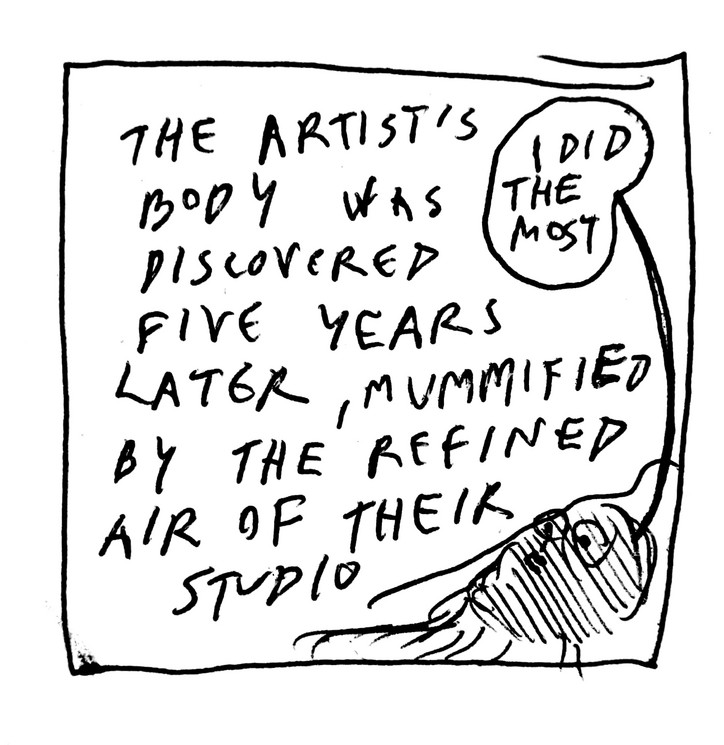
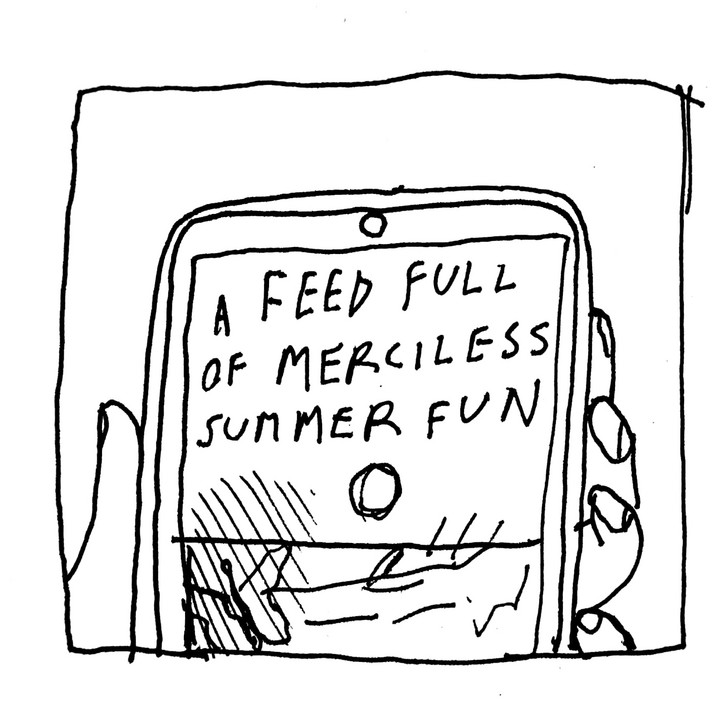
A lot of the comics are fairly cynical—both in general, but also more specifically about social media. Where does that cynicism come from and how do you deal with the tension of critiquing social media while using it as the platform for the critique?
Those comics are coming from this feeling that we’re complicit and that we’re entangled in these platforms and in this economic system and society that no one wants and no one thinks is good. But then simply realizing that doesn't make it possible to leave it. Maybe eventually it will, but I think a lot of people are feeling stuck in a way—between realizing that these things are not worth perpetuating, but then not being able to disentangle themselves from them because there's too much fear about being isolated or being unemployed. There’s a lot of concrete fears—like if you don't participate in social media as an artist you’ll just disappear. Or even as a person, the hold that these platforms have on people is such that it's a kind of a death if you leave them. The comics are coming from that kind of ambiguity—standing at the door, but not leaving but still not going into the party.
A sort of inability to make a commitment.
Yeah. This is how I feel about it, though. It's autobiographical in that sense. I also feel like I have to buck the art system and buck capitalism and all these things. I'm ready for them to end. I want them to end already. There has to be something that's more interesting. But then what is it? Or how do we create it?

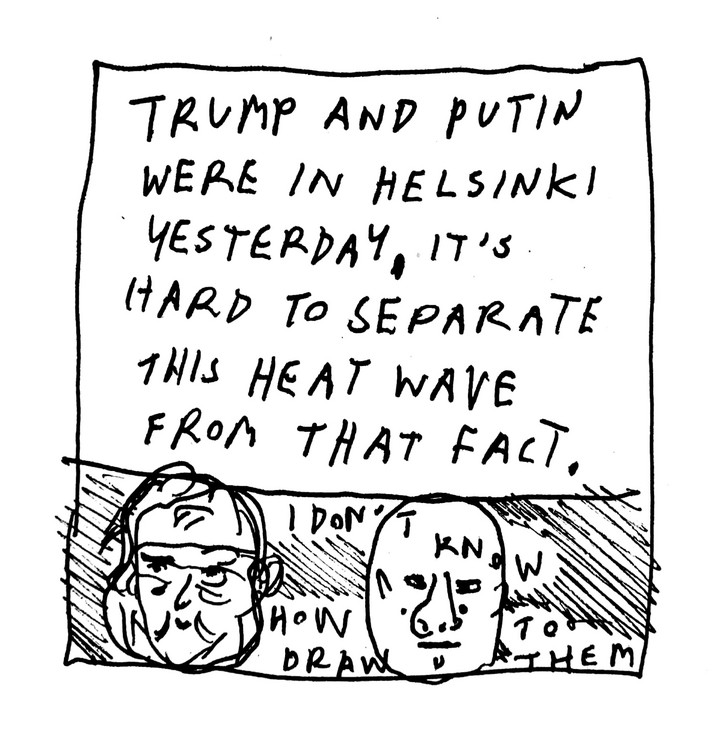
And most of your comics critique but don't offer a solution. What have the reactions been to the comics in general?
They always get the most likes. There seems to be an enthusiastic response. It's strange when you get stuck in this role where you get rewarded socially for being negative about social dynamics. I feel like people really want to hear me criticize things, instead of celebrating them. It's interesting, but it's been mostly positive. Maybe people can relate to it.
